Sustainable Living
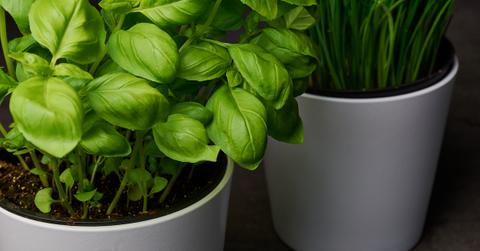
What is sustainable living?
Sustainable living is a lifestyle that aims to reduce one’s environmental impact, in ways that are sustainable both for the Earth and for the person. So while pledging to never run your faucet again may be sustainable for the planet, it probably wouldn’t be sustainable for you personally (or for your friends who would be subject to your poor hygiene).
There are endless ways to live sustainably, including: reducing your use of resources, composting, relying on clean energy sources, reducing your consumption of single-use plastic, eating less animal products, shopping for clothing and other items sustainably, buying local, and more.
Sustainable living vs. zero waste: What’s the difference?
Sustainable living and the zero-waste movement have similar goals and many similar lifestyle patterns, but are a little bit different. Those trying to live sustainably aim to lower their overall environmental impact in a variety of ways, while the primary focus of those living zero waste is typically to reduce the amount of trash they produce, namely single-use plastic.
For example, someone whose primary goal is to live zero waste and produce zero trash may be comfortable eating meat that was purchased without any plastic. But someone aiming to live a well-rounded, sustainable lifestyle may consider the bigger picture (aka the massive environmental impact and ethical concerns of animal agriculture) and opt for a plant-based meal instead, even if it is packaged in plastic.
Many proponents of the zero-waste lifestyle have taken to calling it the low-impact movement instead, to help shift the focus beyond trash and plastic, and towards lowering one’s overall impact. All that being said, the terms zero-waste lifestyle, low-impact lifestyle, and sustainable lifestyle are often used interchangeably, since they have the same fundamental goal: to lower one’s environmental impact.
How to get started living more sustainably:
There are numerous ways to start living more sustainably — and a sustainable lifestyle looks different for everyone. Areas where you can reduce your impact include:
Eat a plant-based diet.
Animal products like meat, dairy, and eggs are the highest-impact foods on Earth. To lower your diet’s footprint, consider transitioning to a vegan diet, or at least eating more vegan meals. Along with this, it’s important to focus on wasting less food, buying locally-produced food, and composting.
Compost your food scarps.
Instead of sending food scraps (that includes things like vegetable peels, avocado pits, and spoiled leftovers) to landfill, start composting. Composting is the process of returning anything that comes from nature to the earth, and letting it biodegrade into soil. Setting up a compost bin is super easy if you have a backyard, but it’s also possible if you live in an apartment or in a city with no yard.
Reduce your single-use plastic use.
Take a page out of the zero-waste lifestyle, and have a look through your trash to get started. Whatever items are clogging your garbage can, research plastic-free alternatives that you can buy instead. Follow our tips for low-waste grocery shopping, take advantage of your local bulk bins, and when you run out of something (whether it’s a food item, a personal hygiene product, or disposable items such as napkins or paper towels), look for reusable or sustainable alternatives.
Take eco-friendly transportation
If you drive a gas-powered car every day, consider alternatives with lower emissions if they are available to you. For example, try walking, riding a bike, taking public transportation, carpooling, or investing in an electric or hybrid car when you need a new one. Additionally, many environmentalists have given up flying in airplanes (such as Greta Thunberg) due to the high environmental footprint, so consider traveling by train instead of by air when possible.
Revamp your shopping habits.
The most sustainable form of shopping is not to shop at all — and the second most sustainable form (and more realistic form) of shopping is shopping secondhand. Before buying anything new, check out your local thrift store, websites and apps like Poshmark, Craigslist, or eBay, or your local Buy Nothing group on Facebook. When it comes to items that you can’t buy secondhand, seek out companies that make products from natural or recycled materials while following sustainable business practices.
Why is sustainable living important?
With climate change becoming a more serious problem every day, it’s now more important than ever for people to do their part to reduce their environmental impact. Demanding lawmakers and corporations institute laws or policies to help with that is extremely important, but lowering your personal impact can make a huge difference as well.
What impact does sustainable living have?
The average American produces 4.9 pounds of trash per day, according to the EPA — that comes out to around 1,788 pounds per year. So by transitioning to a zero-waste lifestyle, you could literally save thousands of pounds of trash from going to landfills, where it would emit harmful greenhouse gases.
By eating a vegan or plant-based diet, every year, you can save: 401,500 gallons of water, 14,600 pounds of grain; 10,950 square feet of forest, 7,300 pounds of CO2, and 365 animal lives, according to the Vegan Calculator.
While it may seem like small changes such as going zero-waste or vegan won’t really make a difference, looking at those statistics make it clear that sustainability lifestyle changes can be powerful.
How can sustainable living fight climate change?
Sustainable living is all about reducing our individual environmental impacts, which ultimately is done by utilizing less resources and less fossil fuels. As more and more people (and even more importantly, corporations and governments) start living more sustainably, the less fossil fuels they will burn. And since burning fossil fuels releases carbon into the atmosphere and causes the Earth’s temperature to rise, the less fossil fuels we burn, the smaller our environmental impact will be.
It's possible to live sustainably while on a budget.
Living sustainably often gets a bad rap for being expensive — but if you do it right, you could actually end of saving money. Things like shopping in the bulk section, only buying seasonal or local produce, shopping secondhand, reducing food waste, taking public transportation, and using reusable napkins, containers, etc. can actually be more affordable than the alternative, and therefore save you money.
There are endless sustainable living blogs and vlog channels.
The internet is filled with blogs that can help you live more sustainably.
For lifestyle zero-waste tips, check out the blogs Going Zero Waste, Trash Is for Tossers, and Sustainable Sabs. For tips on zero-waste cooking and on lessening food waste in the kitchen, check out Zero Waste Chef and Max La Manna. To learn more about sustainable fashion, check out the blogs Adimay, Eco Cult, and Old World New.
Check out these sustainable living books.
Books about sustainable lifestyles include: Bea Johnson’s Zero Waste Home, Kathryn Kellogg’s 101 Ways to Go Zero Waste, Jay Sinha and Chantal Plamondon’s Life Without Plastic, Beth Terry’s Plastic-Free, Ashlee Piper’s Give a Sh*t, Marci Zaroff’s ECOrenaissance, Shia Su’s Zero Waste, and Green Matters' very own book, Green Living.
Watch these sustainable living documentaries.
To learn more about sustainable food production, check out Cowspiracy or Kiss the Ground. For more info on the fast fashion industry, watch The True Cost. And to learn more about reducing your personal impact, there’s No Impact Man.
Sustainable living may even take you off the grid.
Basically, living off the grid means to live without power from the electric power grid, which typically comes from fossil fuels. Houses that are off the grid typically generate their own energy via things like solar panels, and they use that energy to power their electricity, phone line, heat, and more.
Some people choose to take that further by digging a well for their water or collecting rainwater so that they don’t have to rely on the city’s supply; by growing a garden so that they don’t have to drive to the store; or even by purposefully choosing a house in a location engineered toward an off-grid lifestyle, as explained by Outfitter.
How to promote sustainable living:
As you get more invested in living sustainably, you may find yourself feeling more and more passionate about your evolving lifestyle. Take the knowledge you’ve learned on your journey — whether that’s statistics about climate change, tips on eco-friendly living, or plant-based recipes — and make an effort to share it with your community.
It’s easy to post about it on social media or chat about your new lifestyle when hanging out with friends and family. You can also take things to the next level by promoting a low-impact lifestyle at your school, office, or community, whether that’s by helping to institute recycling or composting, working with leaders to institute more sustainable policies, or by giving a presentation to your peers about living sustainably.
Latest Sustainable Living News and Updates
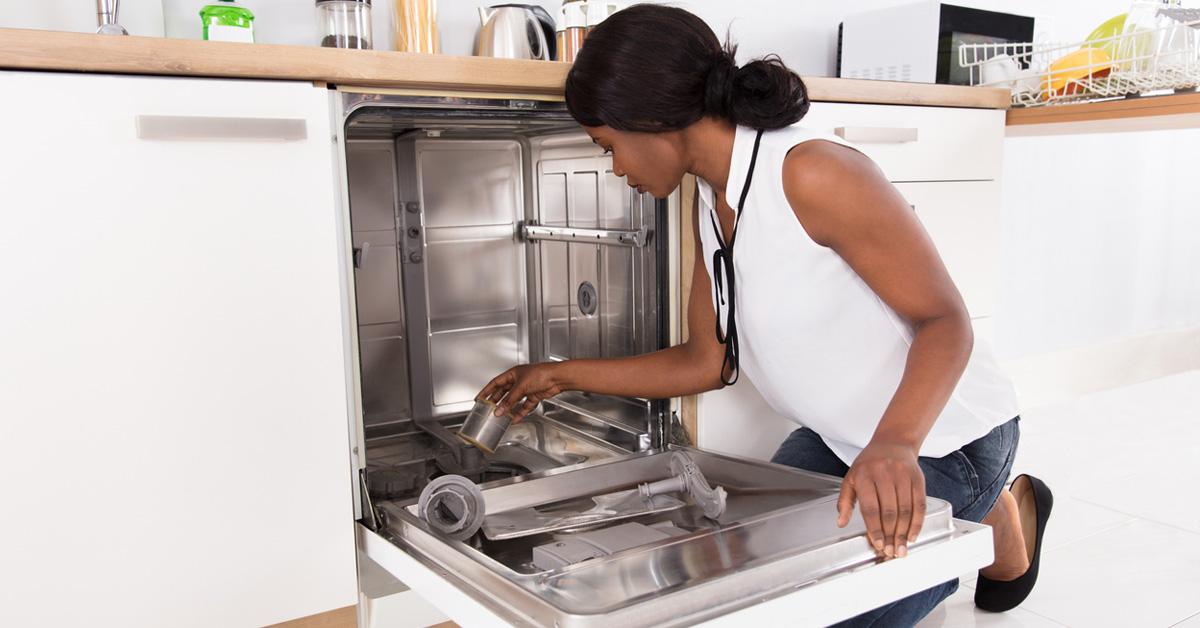
The Best Non-Toxic Dishwasher Cleaner for a Sparkling Clean Machine
Your dishwasher works hard to keep your kitchenware immaculate, but how often do you return the favor?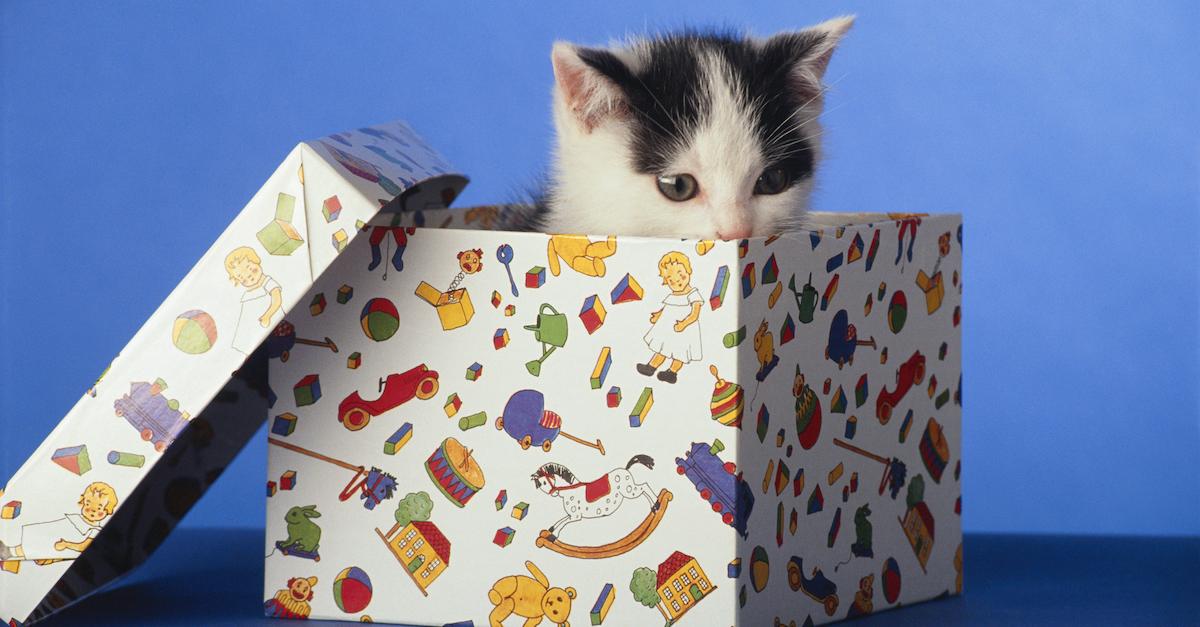
Here's How To "Cat Proof" Your Christmas Tree This Holiday Season
Although cats are one of the greatest pets, they love wreaking holiday havoc — here's how to keep your cats away from your Christmas tree this year.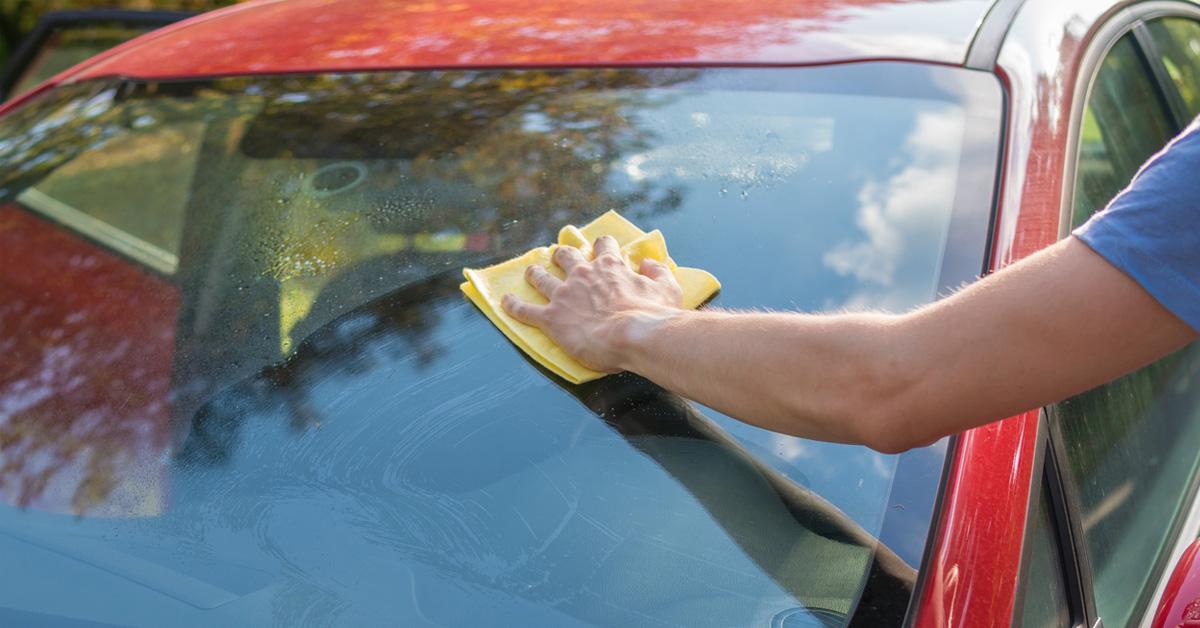
The Best Car Window Cleaner Picks for a Streak-Free Shine and a Nontoxic Ride
In car detailing, natural window cleaners ensure your vehicle isn’t just spotless — it’s also safer, healthier, and more enjoyable to drive.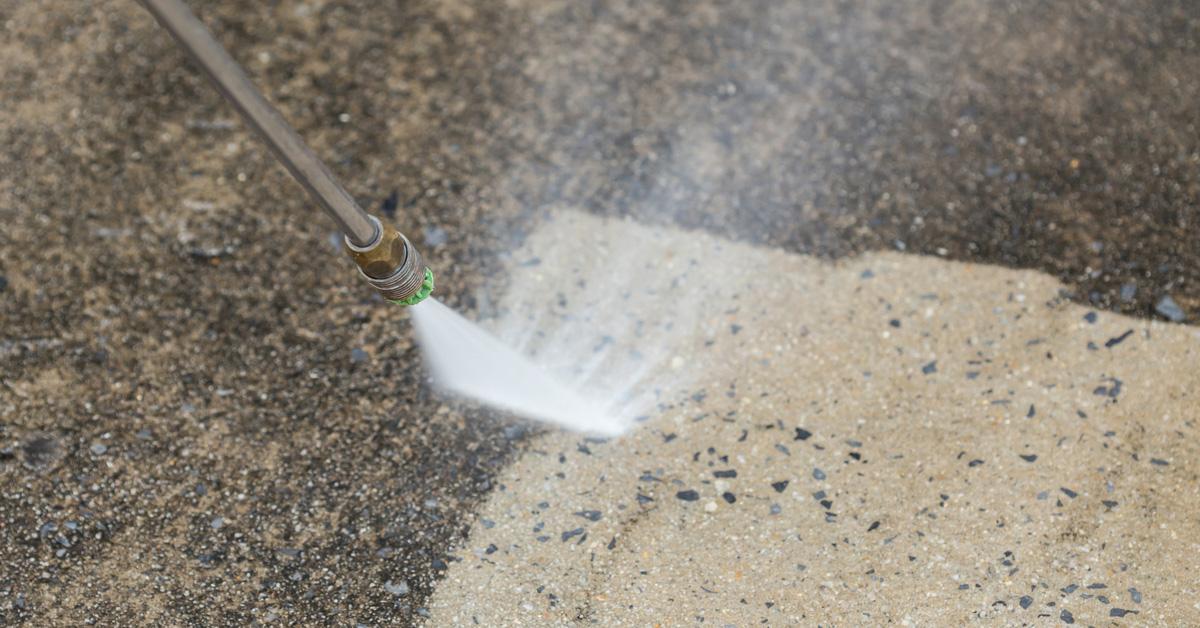
The Best Concrete Cleaner: 6 Non-Toxic Solutions for Spotless Sidewalks and Stairs
The concrete beneath your feet and around your house needs TLC too. These concrete cleaners are all biodegradable and free of toxic chemicals.
The Best Cloth Diapers: 6 Sustainable, Cost-Effective Alternatives to Disposables
These modern takes on the old-school cloth diaper include conveniences like adjustable sizing and better absorbency as well as sustainable materials.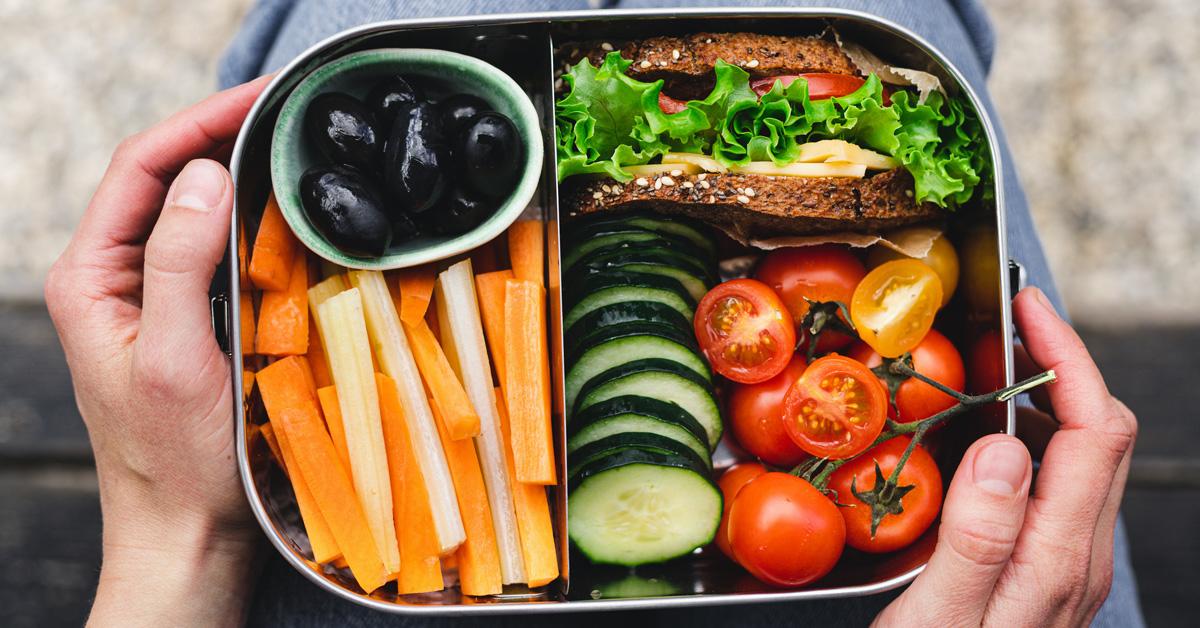
7 Eco-Friendly Lunchboxes That Are Leak-Proof, Plastic-Free, and Start at Just $26
Give to-go meals a makeover with these sustainable lunch boxes made of stainless steel, bamboo, BPA-free plastic, and FSC-certified washable paper.
Behold the Best Organic Bedding: 5 Luxurious Linen and Cotton Sheet Sets
These sublime sheet sets are all GOTS-certified organic, biodegradable, and free of toxic chemicals so you can sleep soundly at night.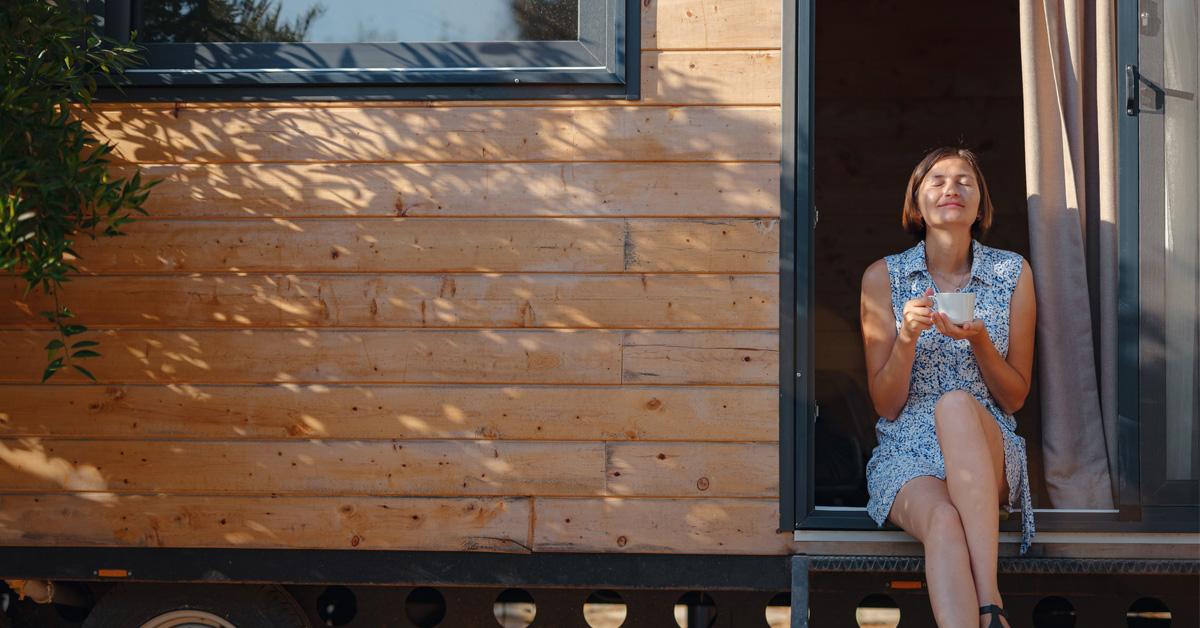
Ready to Scale Down to an Efficient Tiny House? Here Are 5 We Love — From Just $19K
Simplify your life, conserve resources, and lower your bills by moving into a prefab or DIY tiny houses for singles, couples, and families.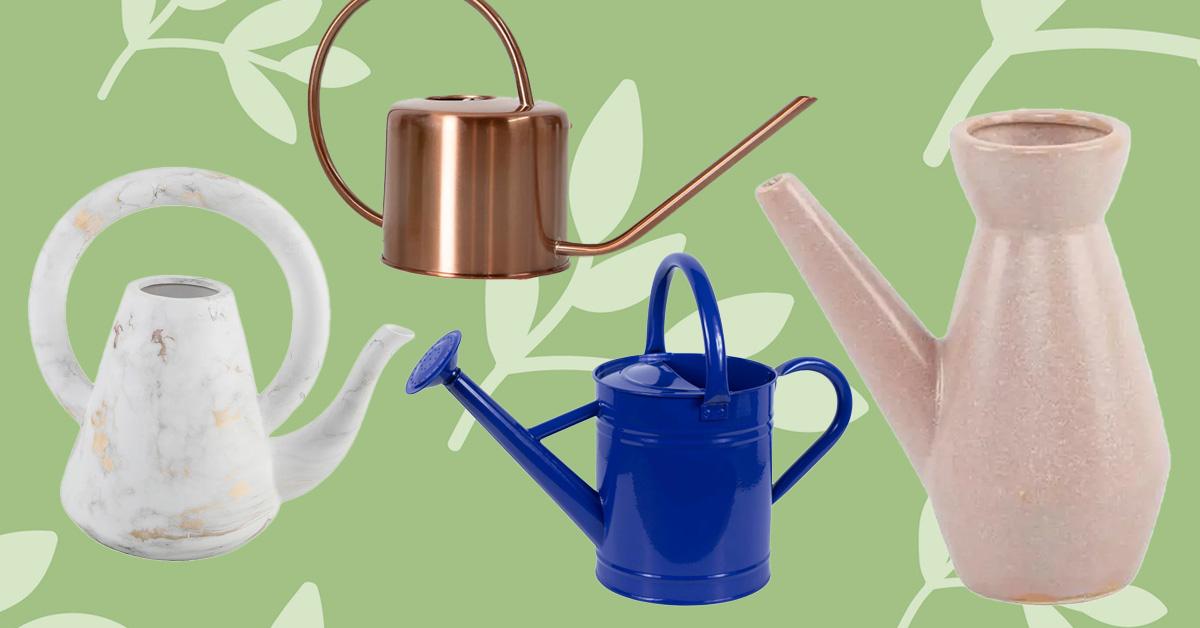
6 Eco-Friendly Watering Cans So Sturdy, They'll Outlive Your Houseplants
Take a green approach to container gardening and houseplant care with watering cans made of steel, ceramic, and post-consumer recycled materials.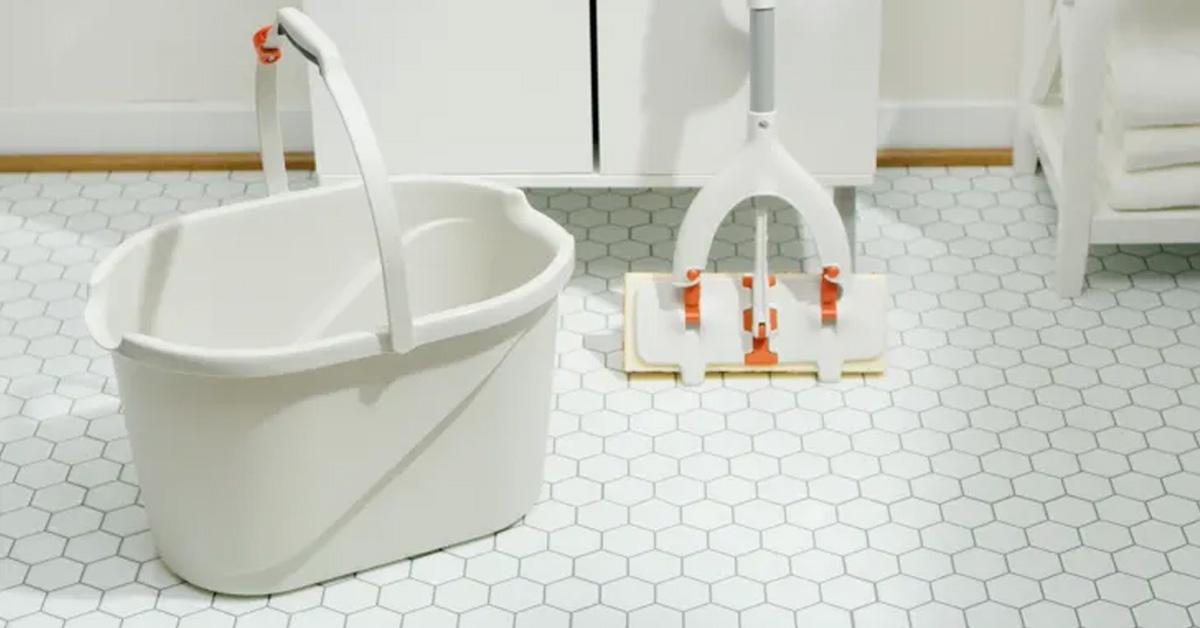
The Right Mop Bucket Can Be a Sustainable Household Multitasker — Here Are 5 We Love
If you must buy a new mop bucket, get a durable one you can repurpose — and preferably one made of steel or recycled materials.
The 5 Best Electric Fireplaces To Give Your Home an Energy-Efficient Glow Up
Electric fireplaces give all the ambiance and supplemental heat without the toxic emissions associated with a high-maintenance wood-burning stove.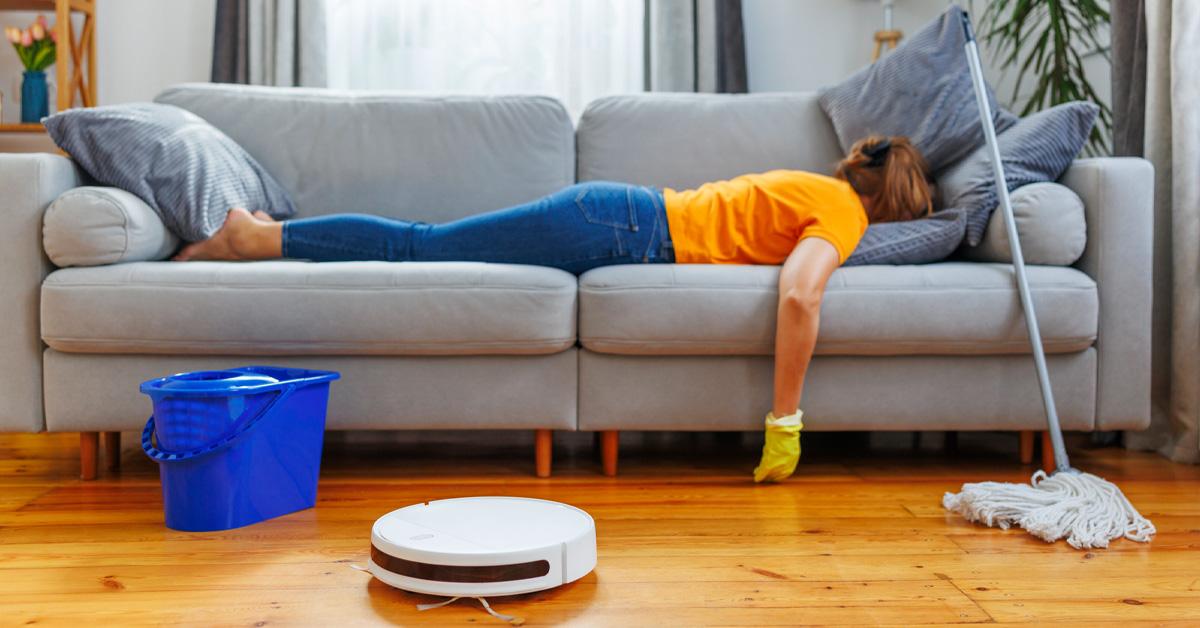
The 5 Best (Eco-Friendly) Vacuum Mop Combos to Make Floor-Cleaning Fuss-Free
We scoured the market to find the best vacuum mop combos with sustainable features like resource efficiency, reusable pads, and recycled materials.
Stock up on These Eco-Friendly, BPA-Free Baby Bottles That Have Parents Obsessed
Non-toxic and sustainably made baby bottle options that are easy to clean and suit all of your baby's stages — even if they breastfeed.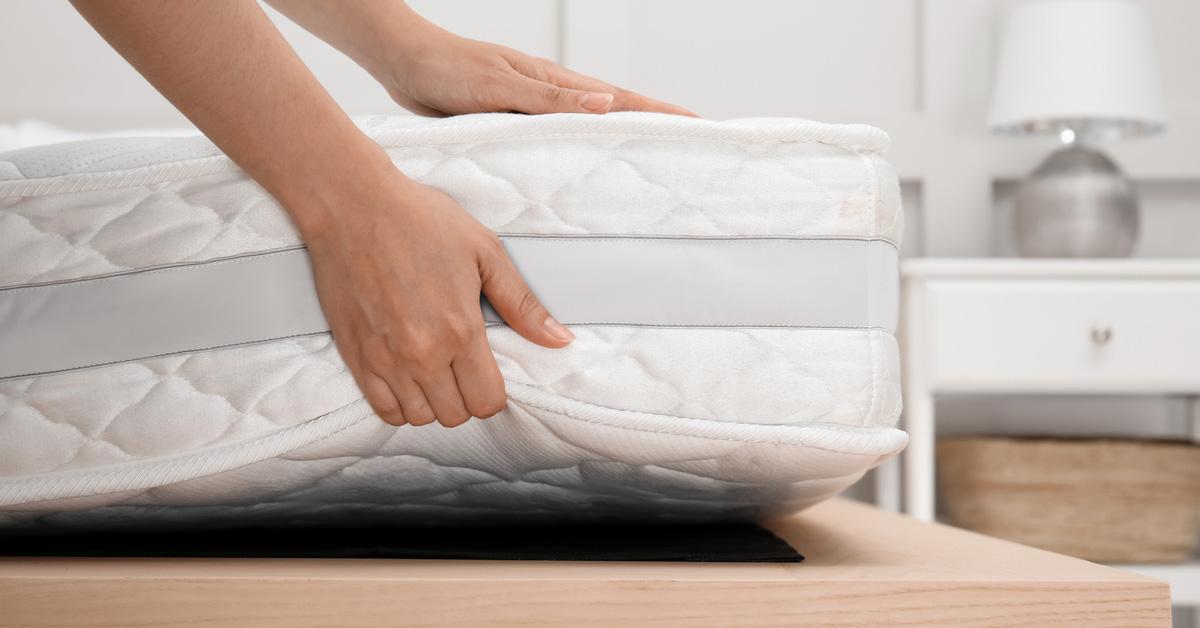
The 5 Best Nontoxic Mattresses: Get Your Zzs Without Formaldehyde and VOCs
Sick and tired of traditional mattresses? Make the switch to a nontoxic mattress that's chemical-free, vegan, and built for lasting support and comfort.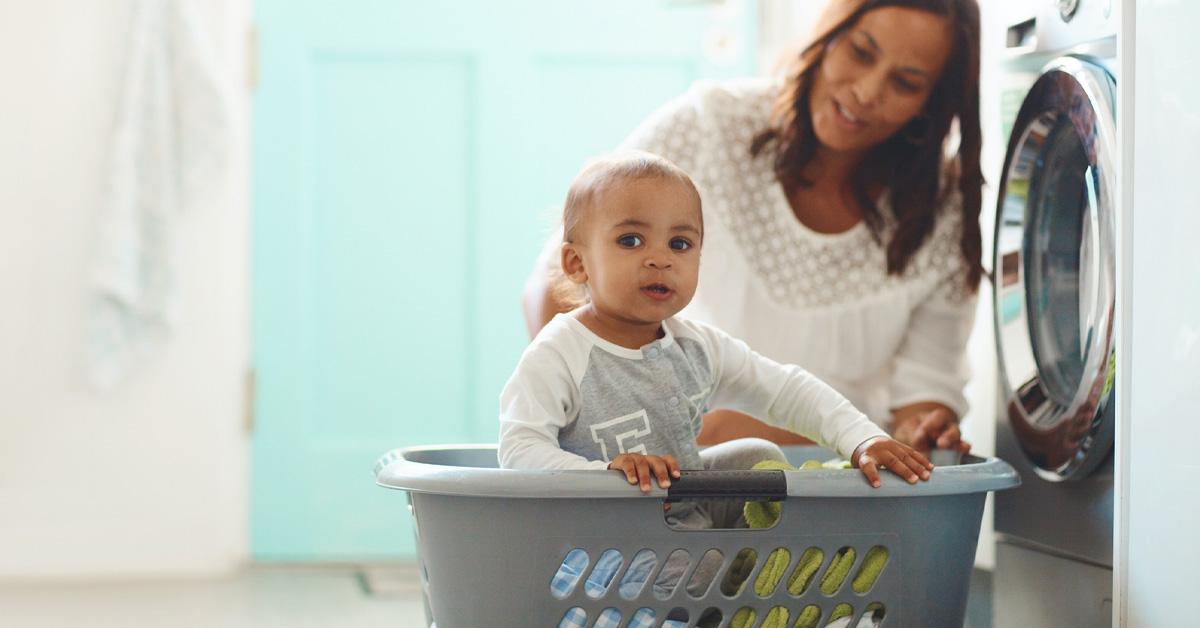
The Best Baby Detergents: Gentle, Effective Formulas Safe Enough for Delicate Skin
These detergent sheets, pods, powders, and liquids use plant enzymes (and zero harsh chemicals) to take on stubborn stains without irritation..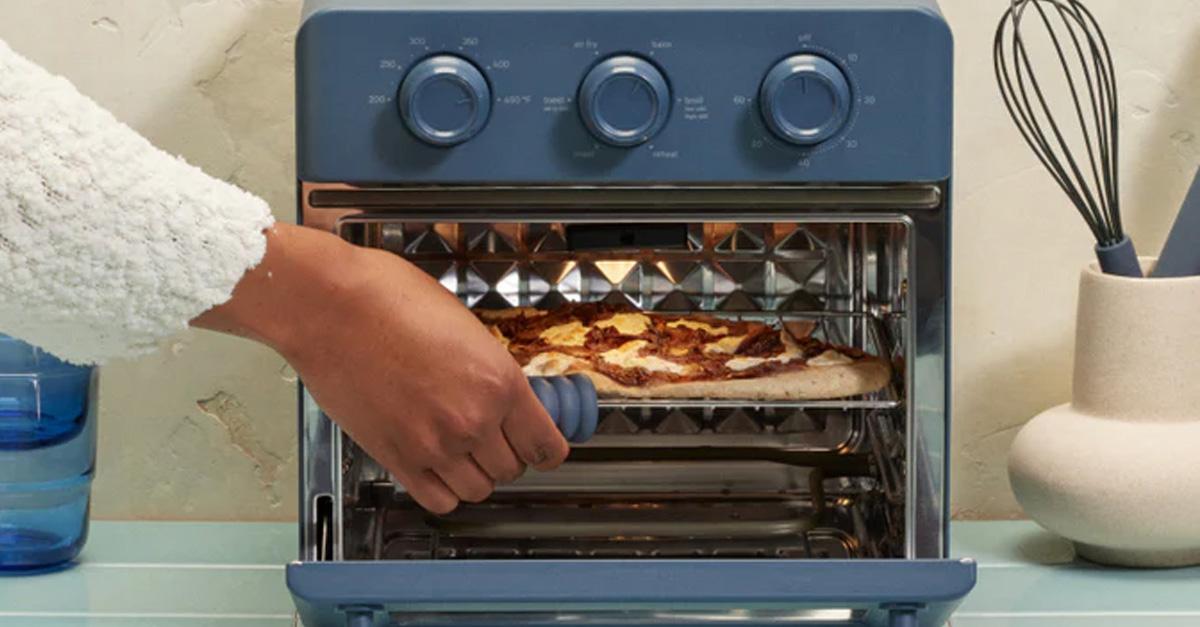
These 5 PFAS-Free Air Fryers Let You Cook Healthier, Nontoxic Meals — Minus the Teflon
These air fryers and air fryer ovens ditch the Teflon and use nontoxic ceramic coatings and even glass to make sure no chemicals leach into your food.
Sustainable Furniture Is Our Newest Obsession and These Are Our 5 Favorite Retailers
Shop these sustainable furniture picks from retailers and manufacturers who work with recycled, reclaimed, renewable, and responsibly sourced materials.
Our Top 10 Sustainable Gifts: Eco-Friendly and Experiential Ideas They'll Love
These sustainable gift ideas include vegan, cruelty-free, zero-waste, and Fair Trade items as well as experiential gifts they'll never forget.
Save Up to 90% on These Amazon Prime Day Kindle Deals — Only Till Midnight
From the Prime Day Kindle Unlimited deal to $1 e-books and actual Kindle e-readers, these are the only deals a bookworm needs.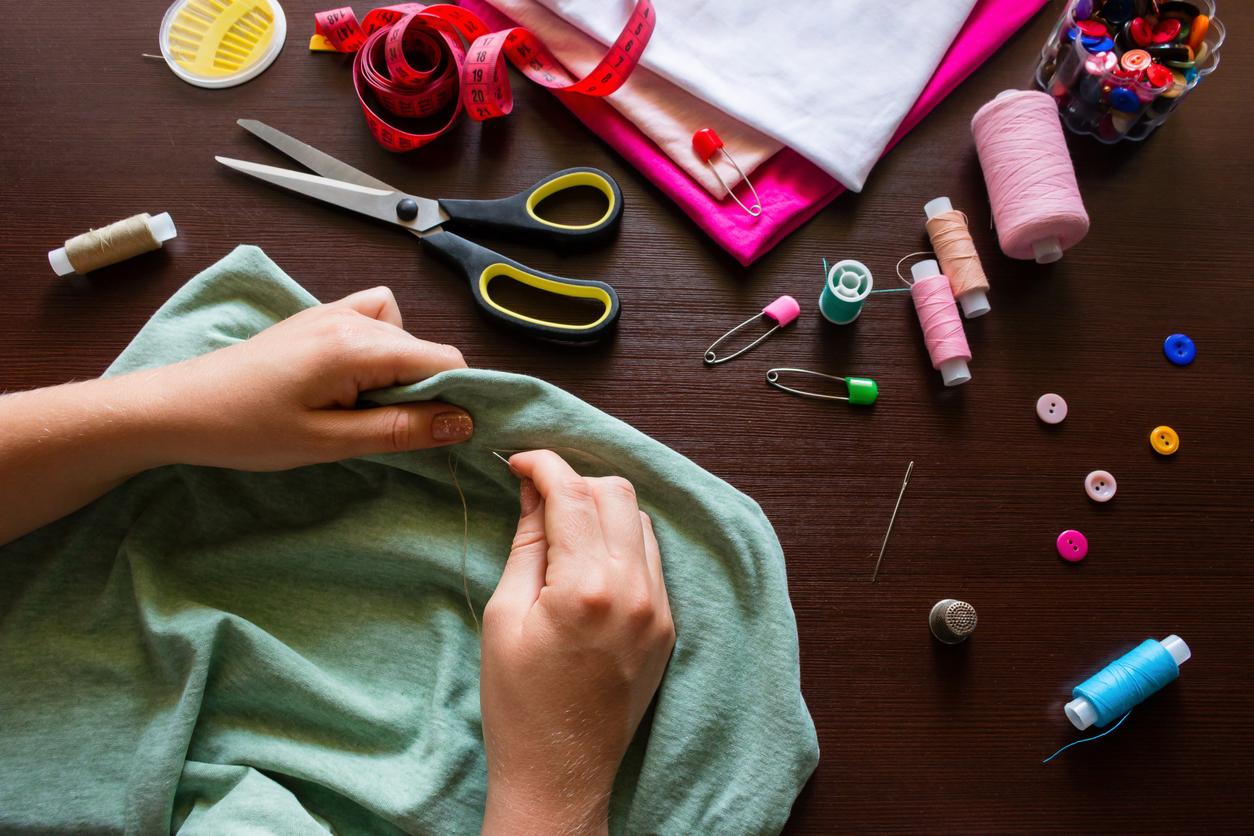
How to Sew for Beginners: Learn How to Mend Your Own Clothes With This Step-by-Step Guide
If you’re new to sewing, you will have to learn how to do basic tasks like threading the needle and knotting the thread.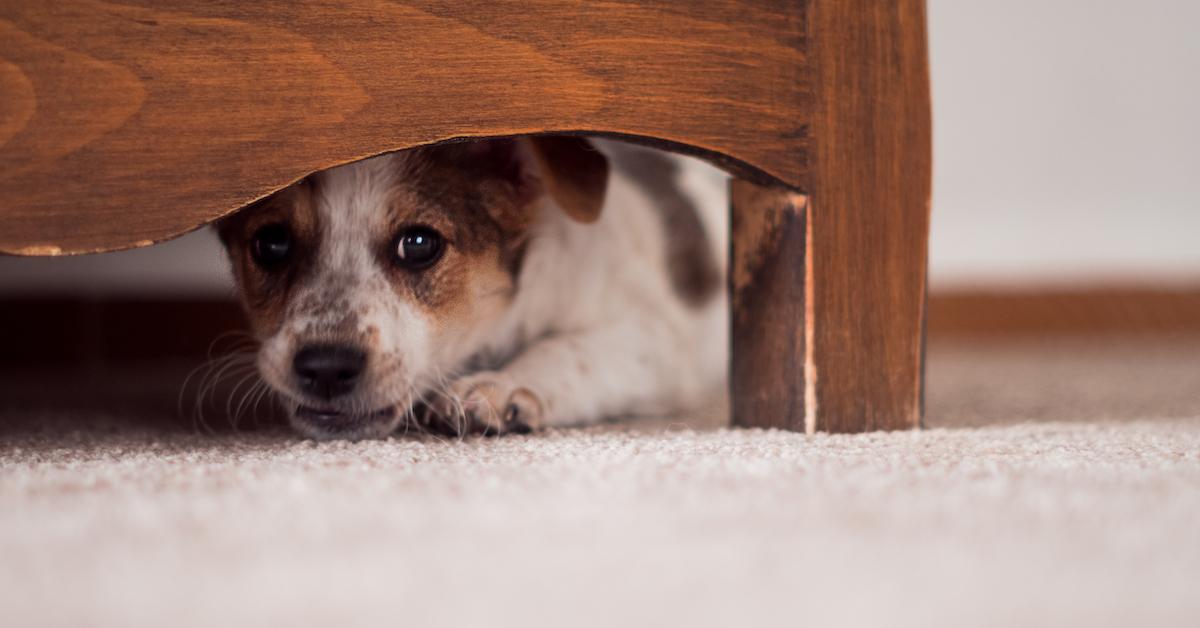
How to Keep Your Dog Calm During Fourth of July Fireworks
Dogs can be reactive to fireworks on the Fourth of July, but you can keep them calm with products like "headphones" or "thunder shirts."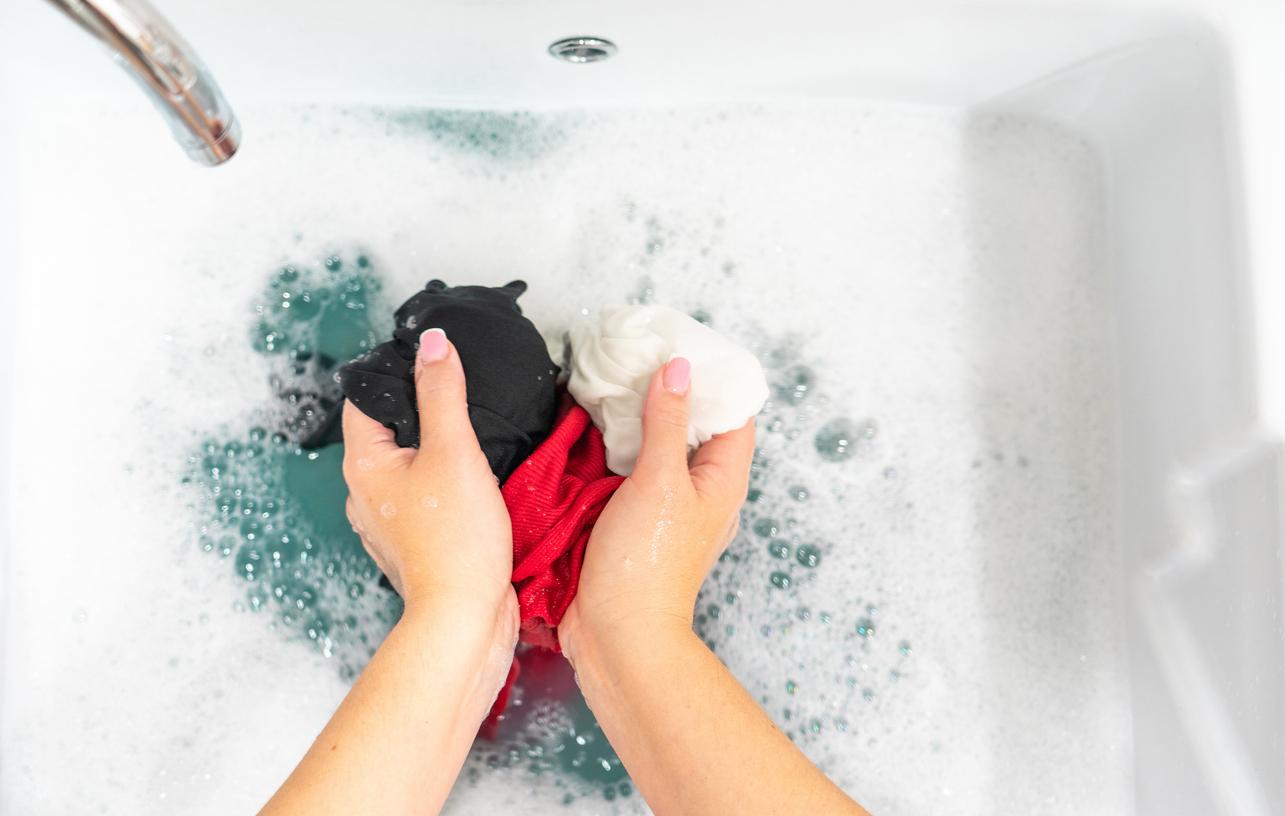
Is Your Washer out of Commission? Here’s a Quick Guide on How to Wash Clothes in a Bathtub
Here’s how to wash your clothes in the bath: Clean the tub, sort your fabrics, add detergent, scrub, and then dry.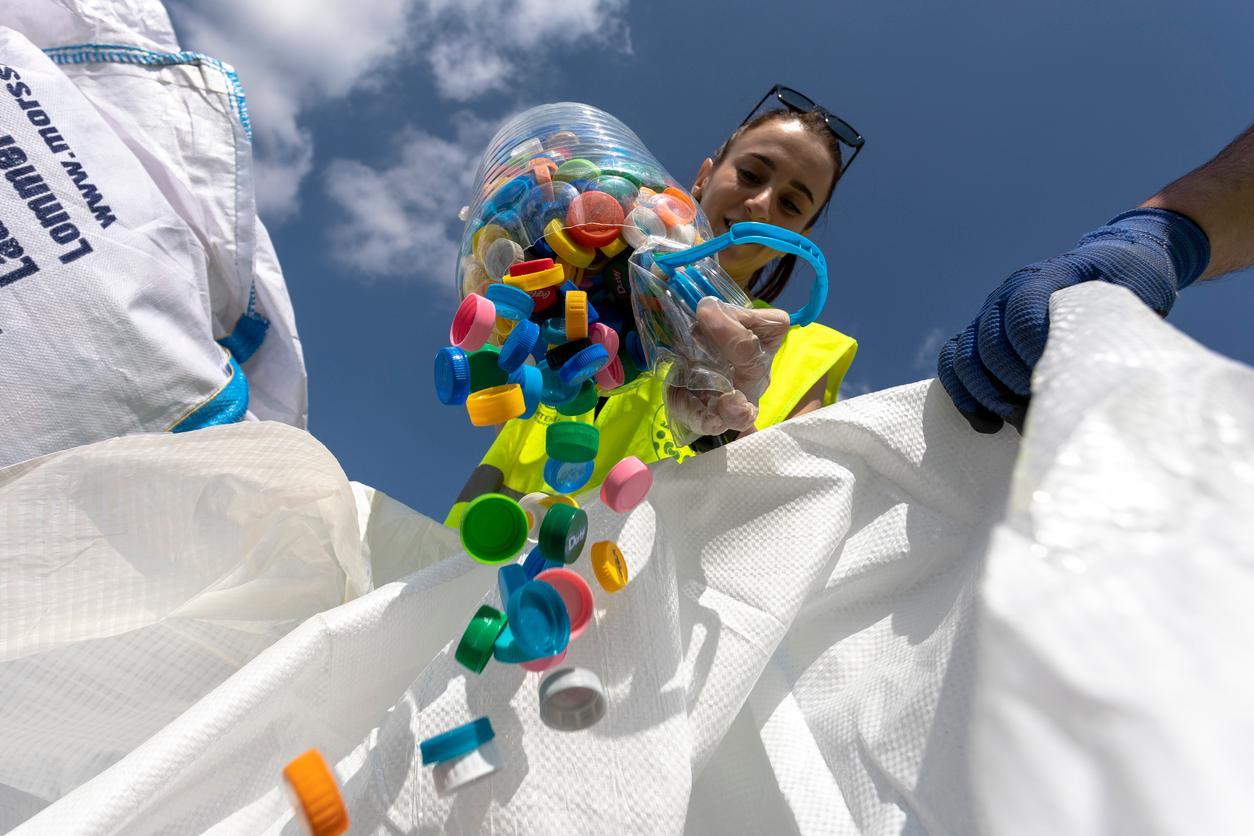
Where to Donate Plastic Bottle Caps: Organizations, Recycling, Craft Ideas, and More
You can donate plastic bottle caps to programs like Caps to Benches. Reusing your caps and turning them into art is also a good option.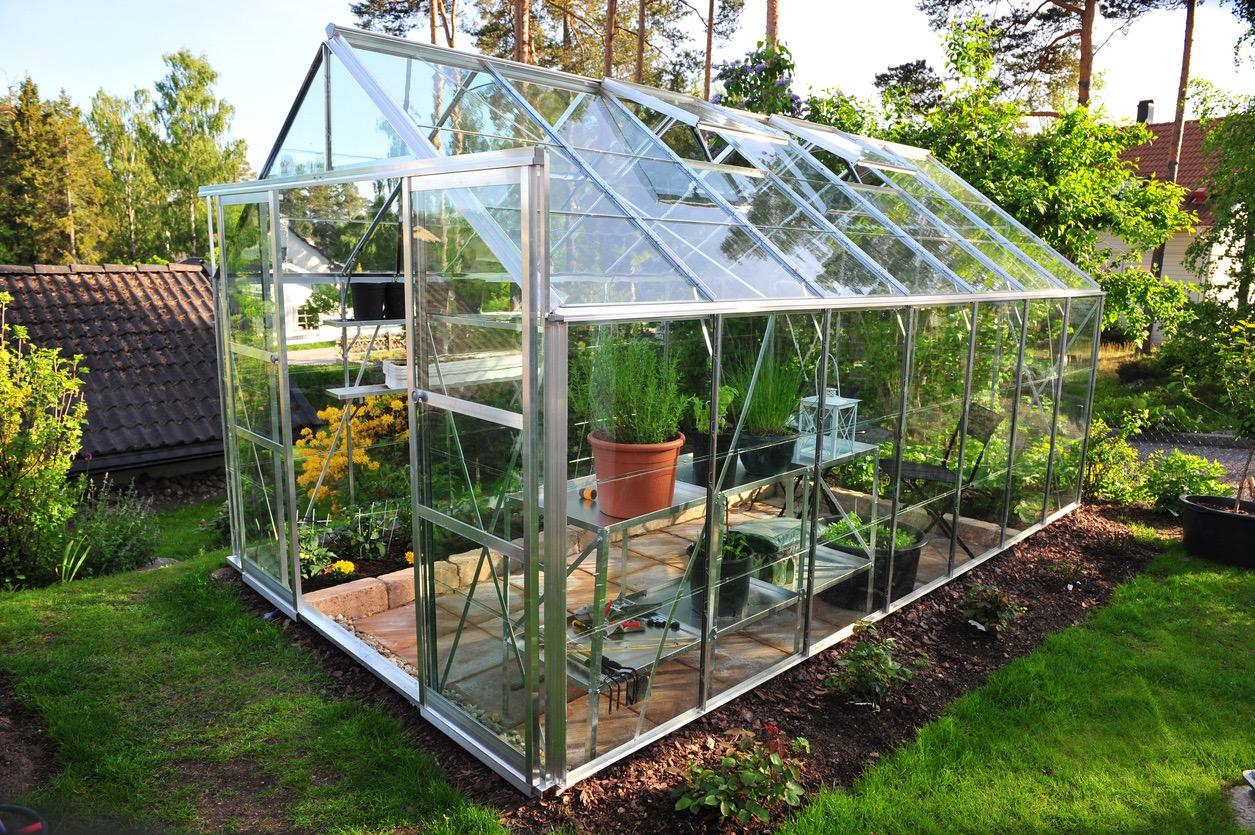
The Ins and Outs of Greenhouse Gardening: What Plants to Grow and How to Get Started
To start a greenhouse garden you’ll need space, soil, seeds, and more. Eventually, you will be able to grow a variety of plants.
How to Celebrate Summer Solstice: Connect With Nature Through These Rituals
If you're celebrating the first day of summer, welcome the warm weather and celebrate the sunniest season of the year, by practicing these rituals.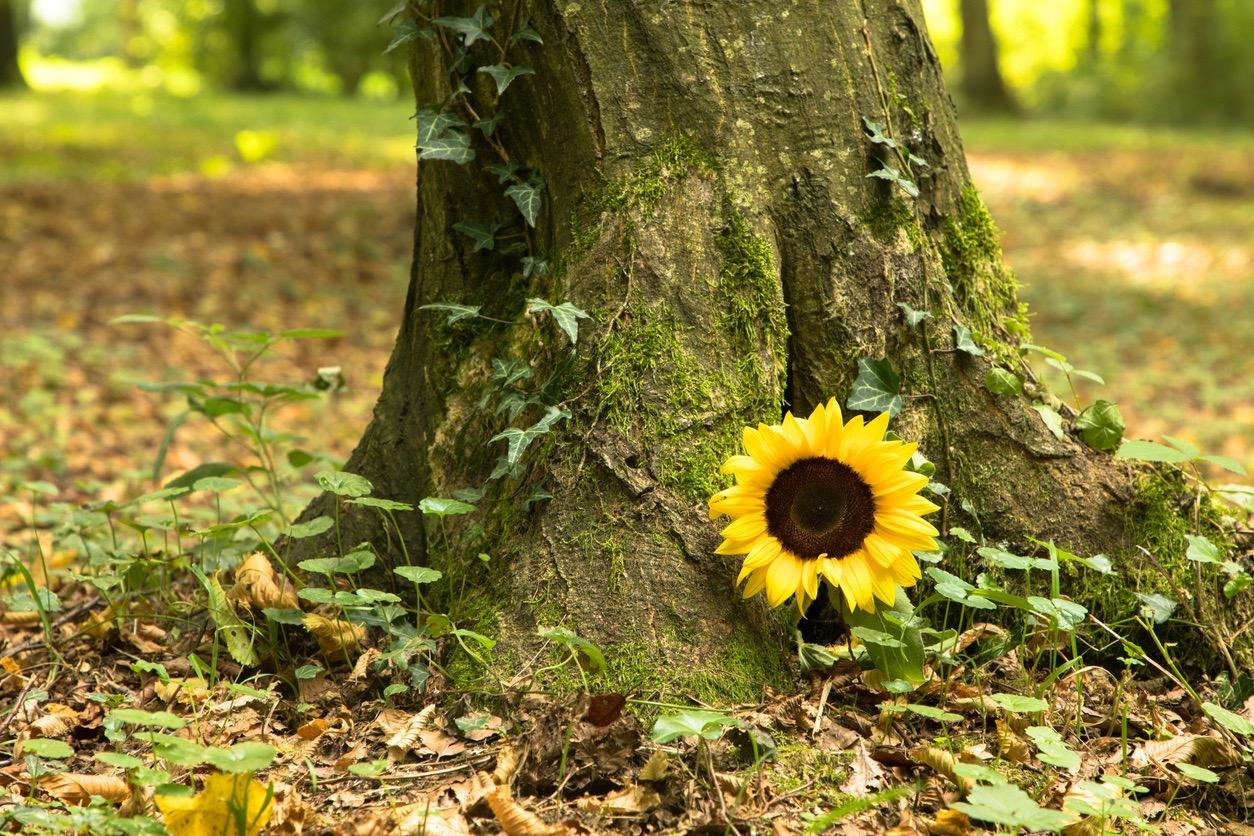
Yes, You Can Be Buried As a Tree — How It Works and Why It’s Becoming so Popular
Want to be buried as a tree? Tree burials allow ashes to be buried in a biodegradable vessel along with a sapling.
How to Get Blood out of Sheets: 3 Natural and Effective Methods to Try at Home
To get blood out of sheets, try using cold water, baking soda, or white vinegar. All of these products are known to help remove tough stains.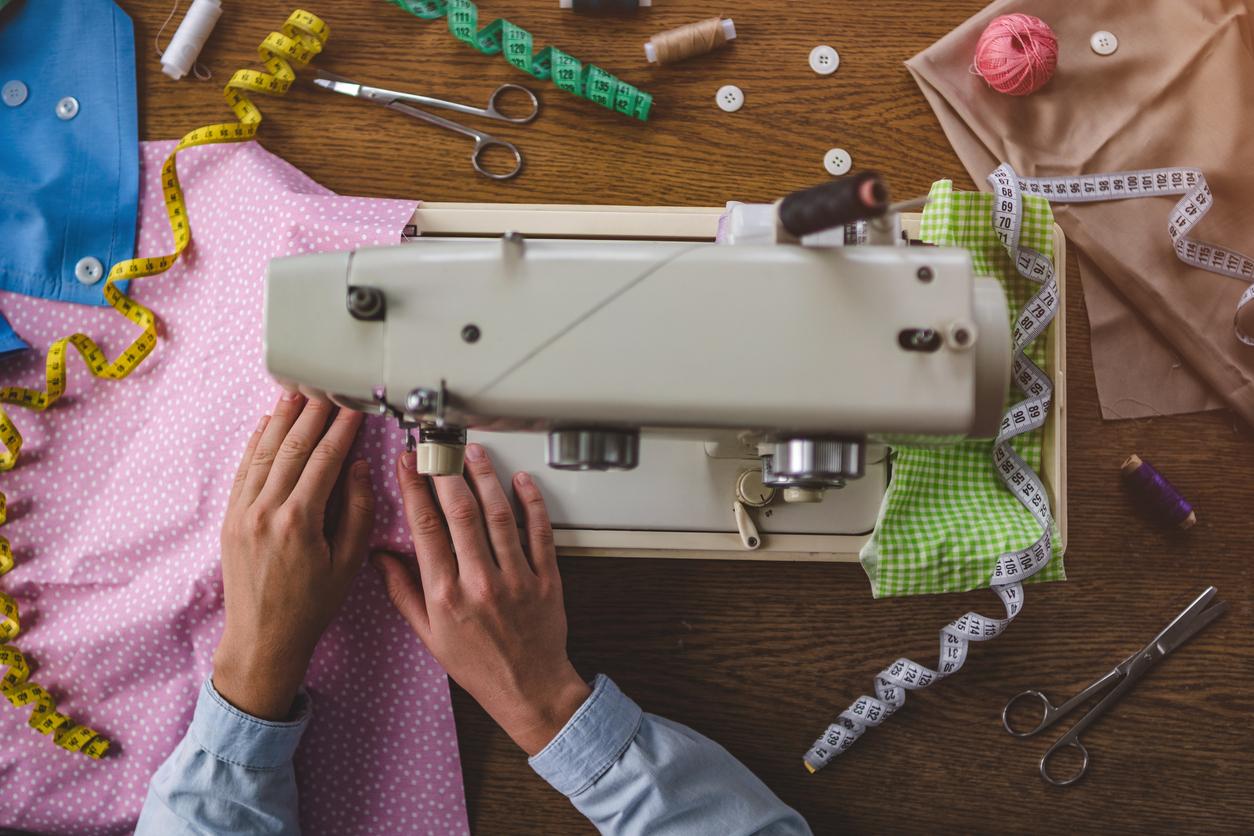
How to Find a Sewing Machine Repair Shop Near You: Estimated Costs and What to Expect
If you need your sewing machine repaired, check with craft stores or small appliance repair shops. Keep reading for details about costs and more.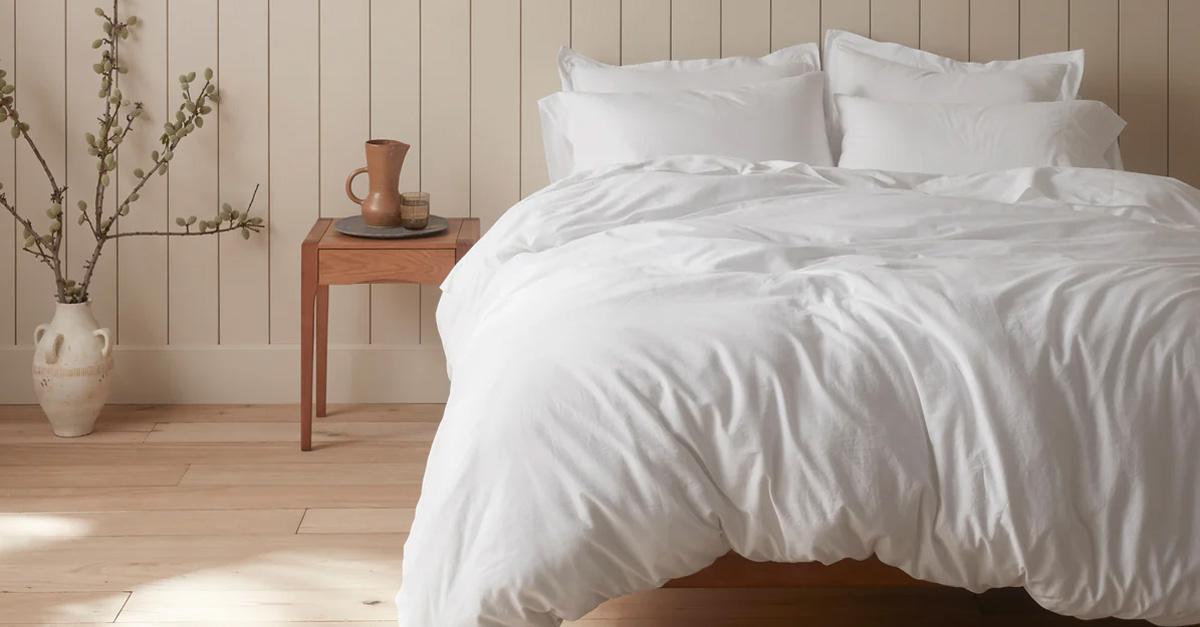
The Best Sheets for Hot Sleepers: Breathable, Buttery Soft Bamboo, Lyocell, Hemp, and More
Stock up on buttery soft, breathable bed sheets and pillow cases in sustainable fabrics like bamboo, lyocell, organic cotton, and hemp.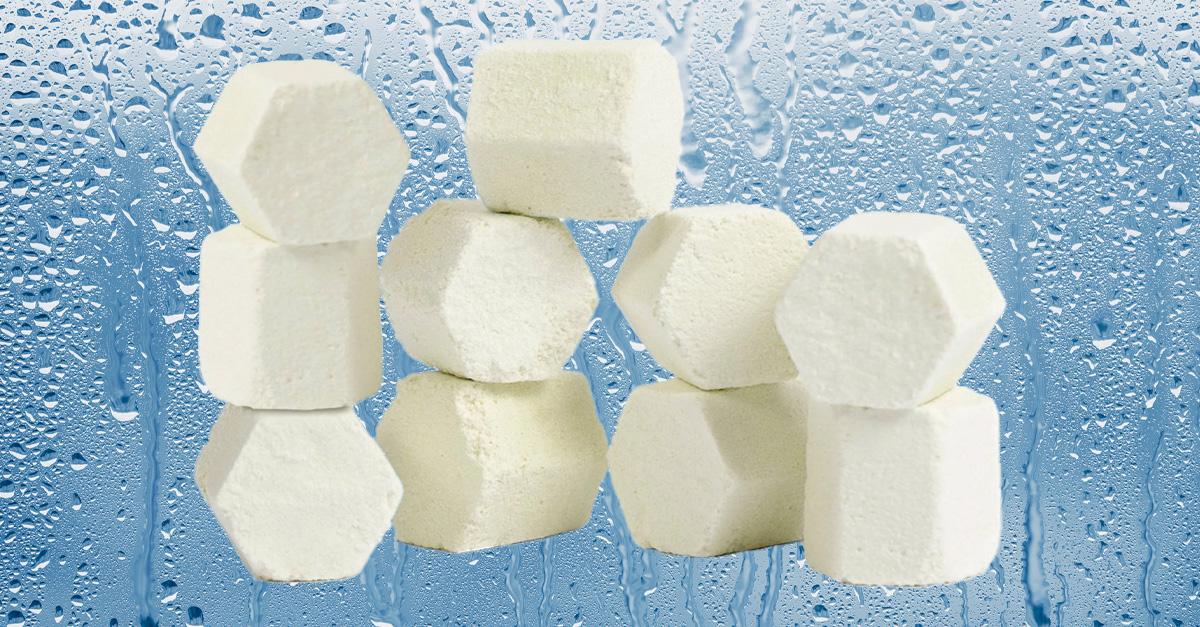
What Is a Shower Steamer? Create a Sustainable, Spa-Like Experience at Home
What is a shower steamer? A shower steamer is essentially a vertical bath bomb, typically a small, reusable bar of essential oils that react to running water.
Best Baby Carriers: Eco-Friendly and Vegan Picks for Hands-Free Strolls
We found a slew of eco-friendly baby carriers made of cozy, sturdy materials like organic cotton and bamboo, and fitted with comfort features.
Sustainably Sourced, Low-Impact Flowers for Mother's Day or Any Day of the Year
If you're buying mom flowers for Mother's Day, make sure to opt for these sustainably sourced and low-impact flowers, to ensure you're celebrating sustainably.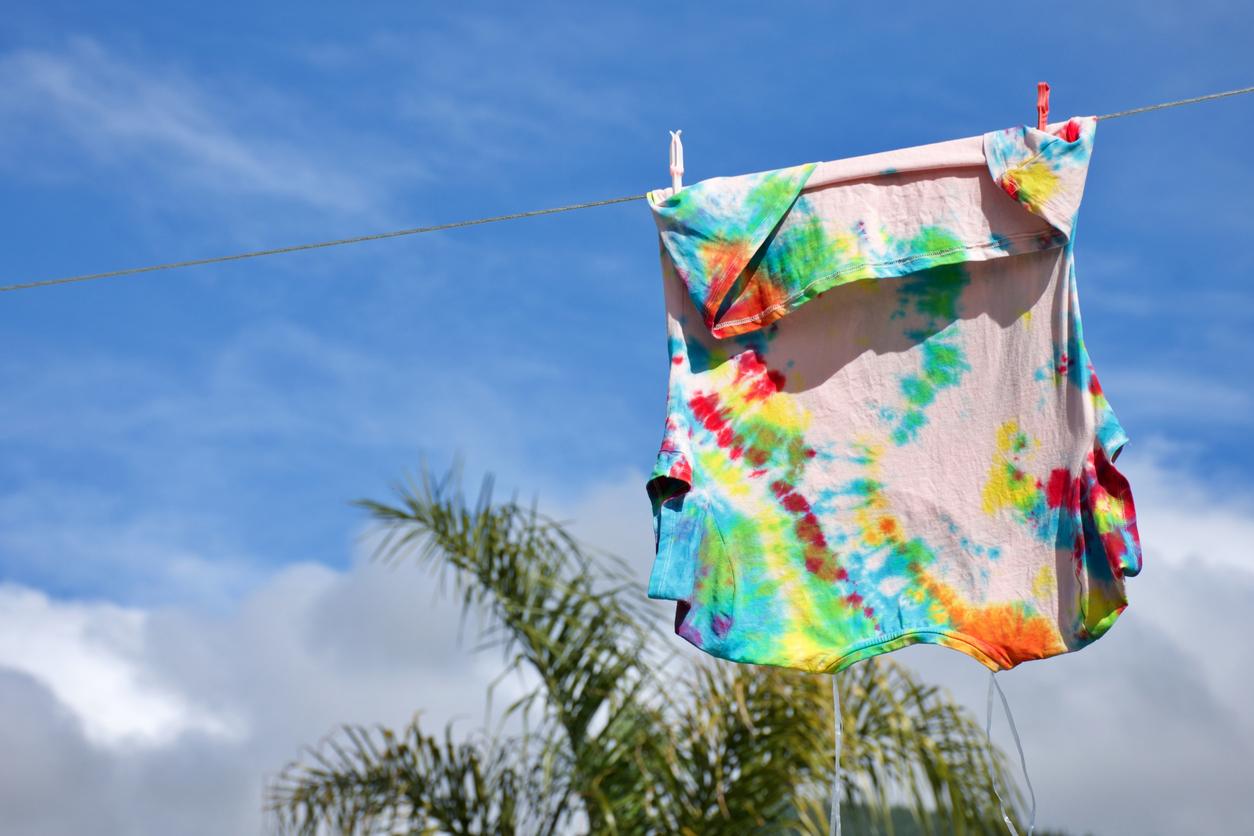
Washing Tie-Dye? Don't Make a Mess of Your Machine: Follow These Simple Steps
You can wash tie-dye in a washing machine or by hand. For more details about the washing process, as well as tips and tricks, keep reading.
These Bamboo Mattresses Will Have You Resting Easy
Bamboo is an eco-friendly, hypoallergenic mattress material that's also naturally resistant to bacteria, odors, and moisture.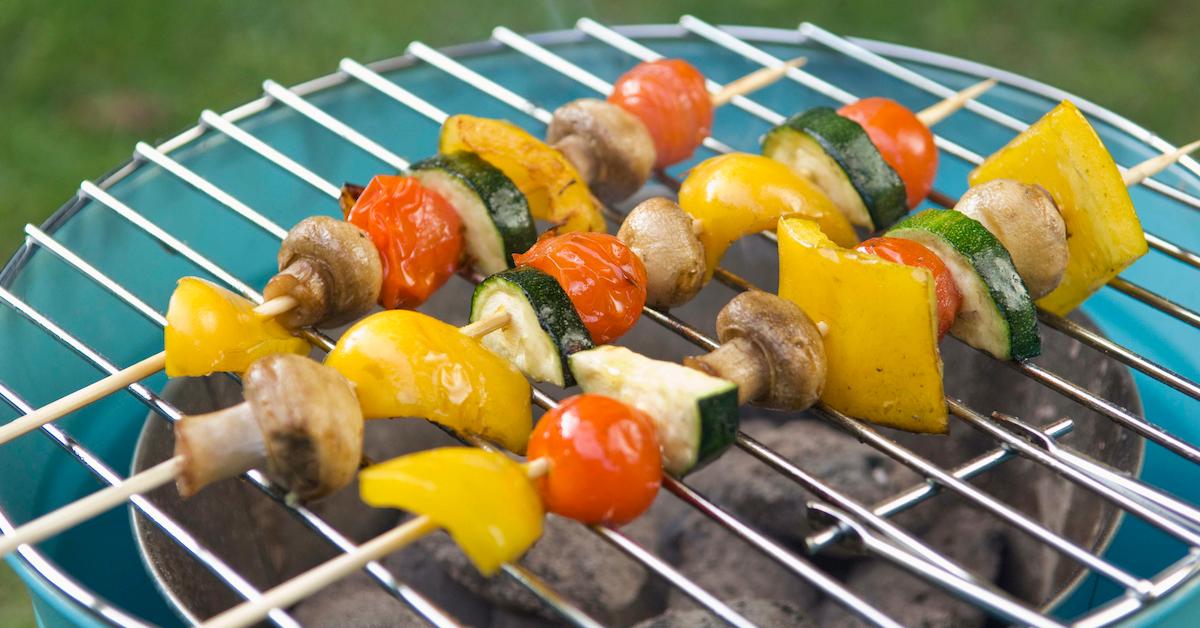
Is Charcoal Eco-Friendly? Make Your Summer Grill Sessions Sustainable
Does eco-friendly charcoal exist? Here's what you need to know about sustainable options, that will ensure your barbecues are safe for the environment.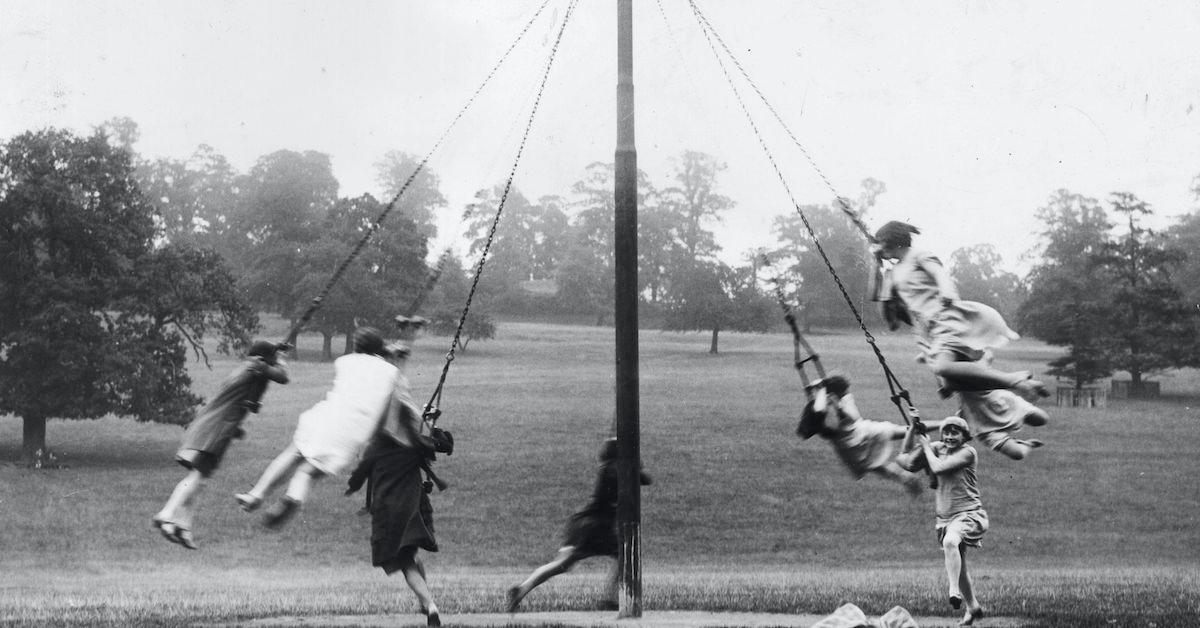
What Are the Origins of May Day? Behind the Annual Spring Holiday
May Day, or May 1, is an annual holiday to celebrate the beginning of spring. We dive into the holiday's origins and the best ways to celebrate.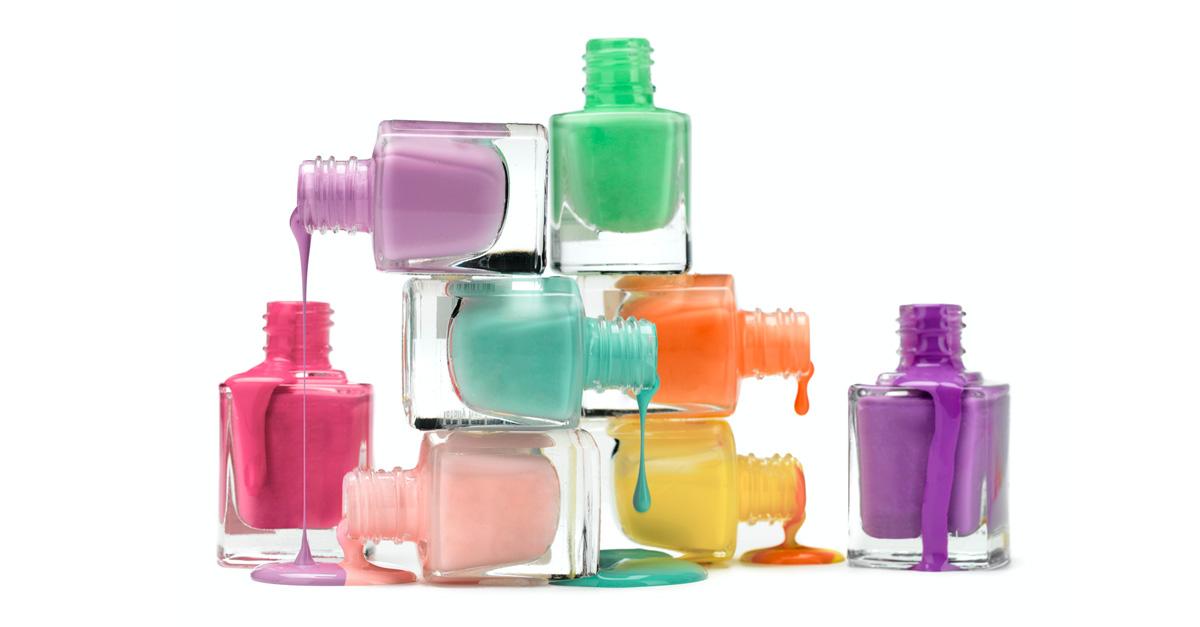
Best Non-Toxic Nail Polish for a Formaldehyde-Free Manicure in All Our Favorite Colors
These are the best non-toxic nail polish options for a salon-perfect manicure you can feel good about in the best colors to suit your personal style.
Looking for the Best Rechargeable Flashlight? We Found One for Every Kind of Task
The best reusable flashlight is the one best suited to the task at hand. These use super-bright, long-lasting LED lights and come in a range of sizes.
13 Free, Cozy Crochet Cardigan Patterns — Including a Few Taylor Swift-Inspired Designs
Looking for a free crochet cardigan pattern? Between patchwork cardigans and Taylor Swift-inspired cardigans, there’s an idea for everyone.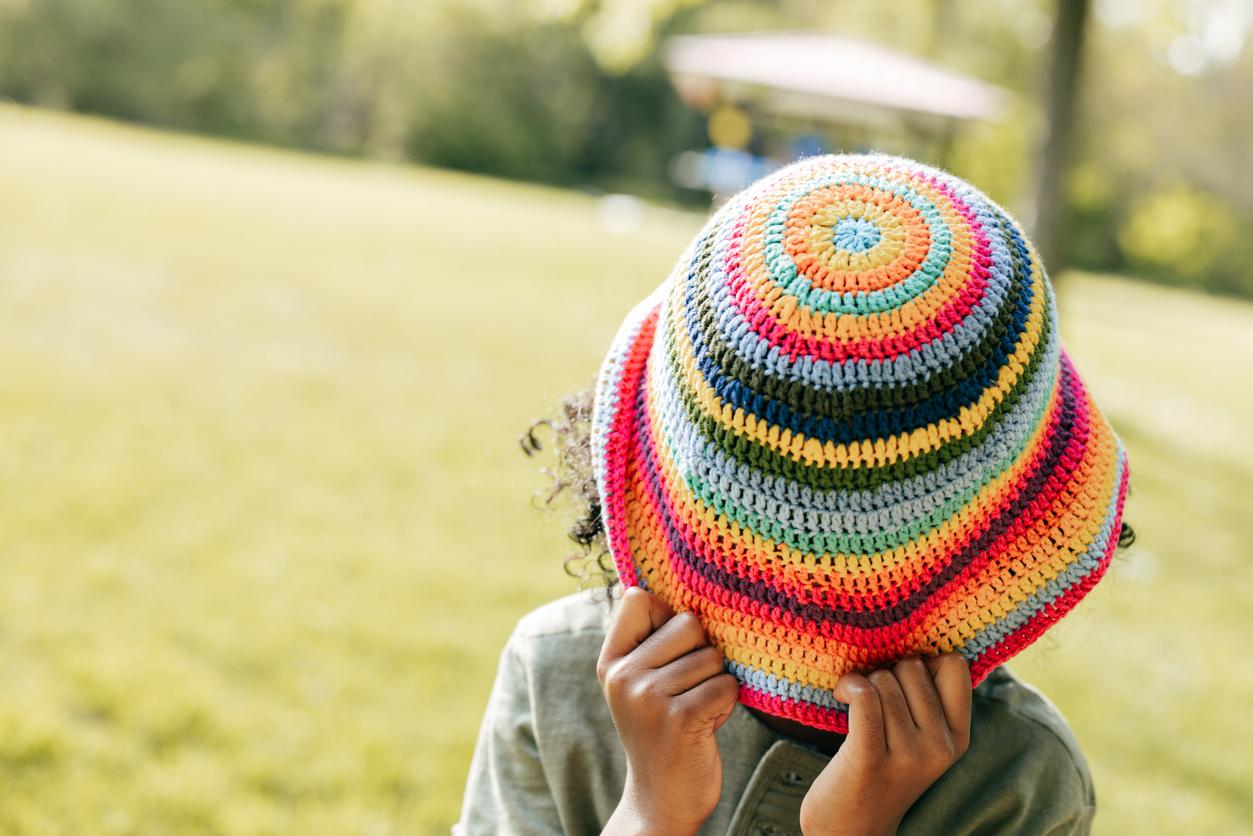
10 Crochet Hat Patterns That Are Free and Perfect for Anytime of Year
Between bucket hats, beanies, and sun hats, there’s no shortage of cool crochet hat patterns. Keep reading for more design inspiration.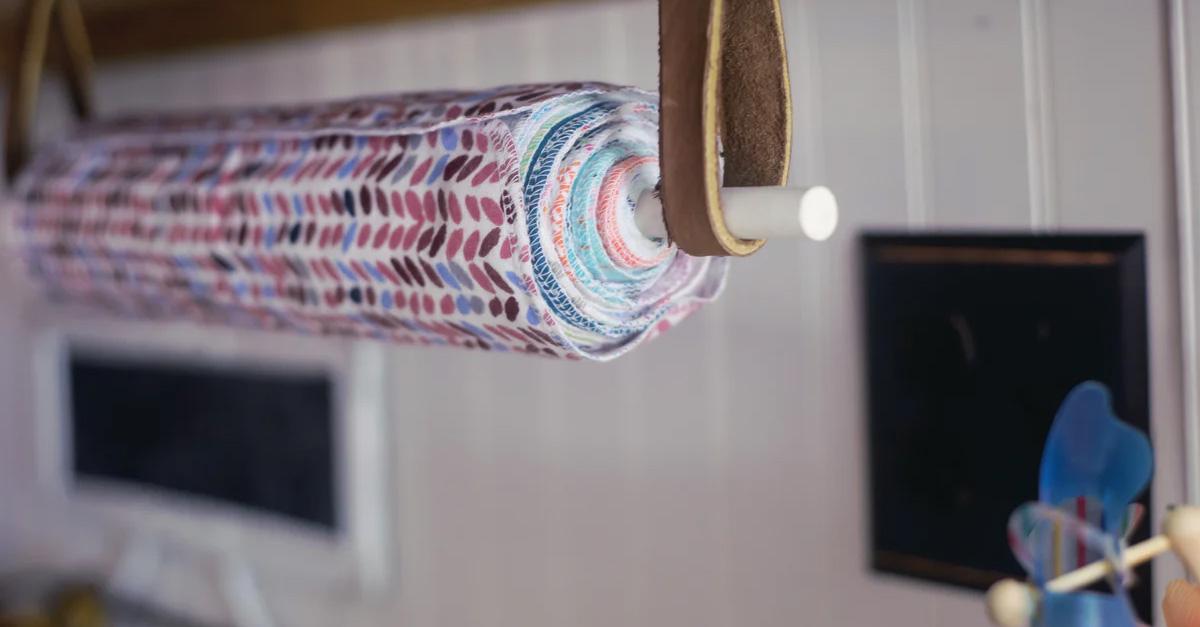
The Best Reusable Paper Towels for Soaking Up Spills Sustainably (and Saving Money)
These reusable paper towels and Swedish dishcloths are made of absorbent, planet-friendly materials like cotton, bamboo, and cellulose.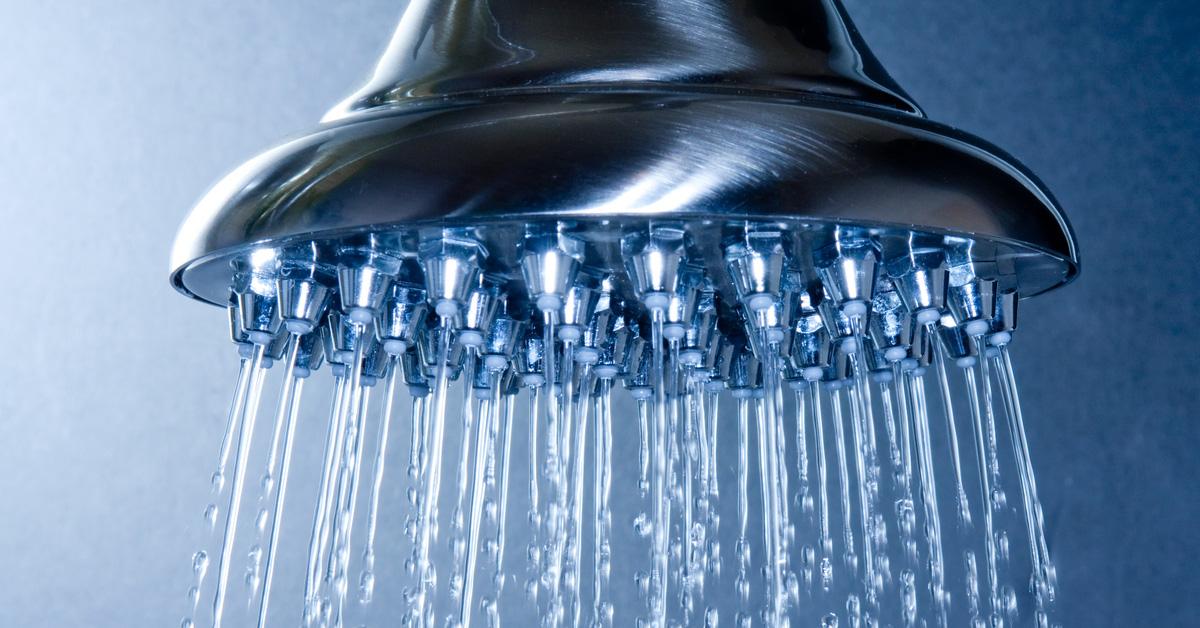
5 EPA-Approved Low-Flow Shower Heads That Can Drastically Save Water and Electricity
If you're looking for a low-flow shower head, look no further than these five EPA-approved styles.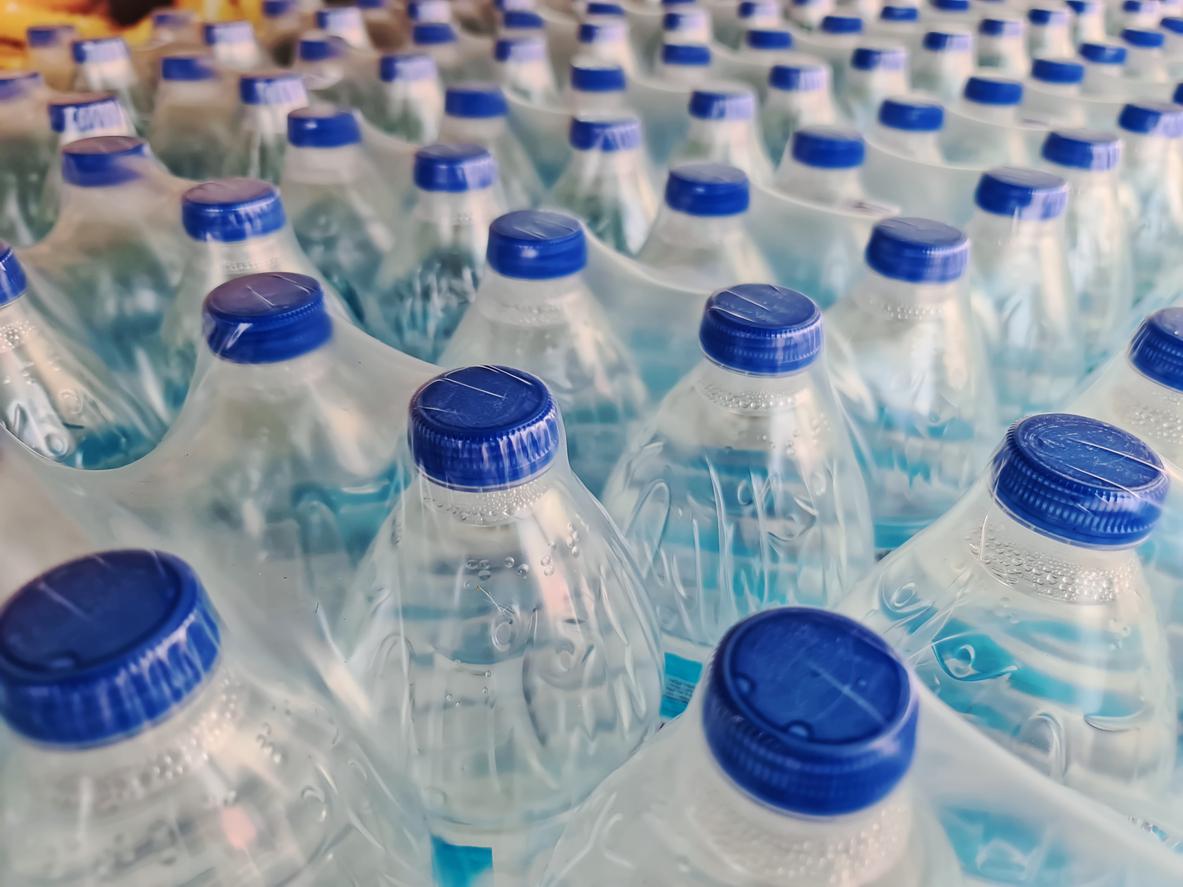
Does Bottled Water Go Bad or Expire? Here’s Everything You Need to Know
When stored properly, bottled water doesn’t go bad or expire. Don't let your water go to waste — here are a few steps you can take to keep your water clean.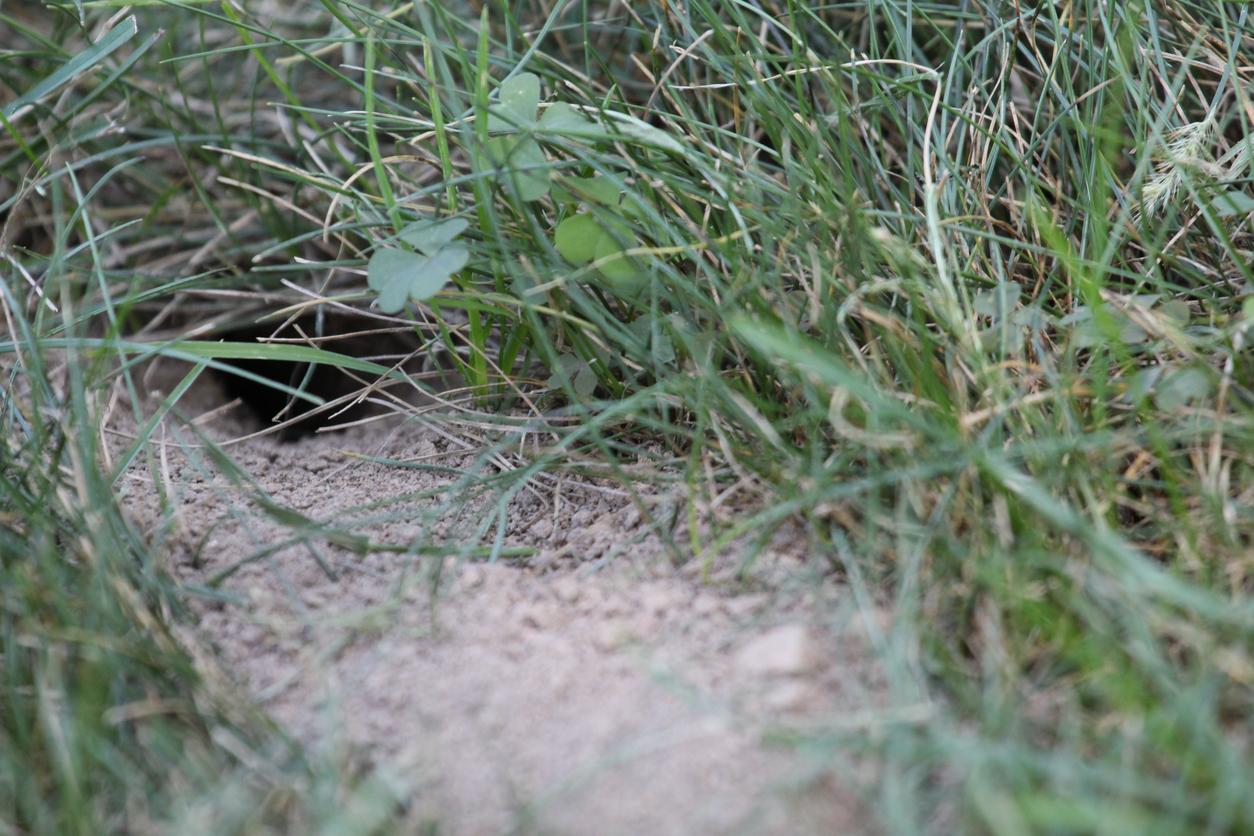
Learn How to Get Rid of Cicada Killer Wasps With These 3 Easy, Effective Methods
To get rid of wasps known as "cicada killers," you can try moist soil, boiling water, or boric acid. Keep reading to learn how to employ these methods.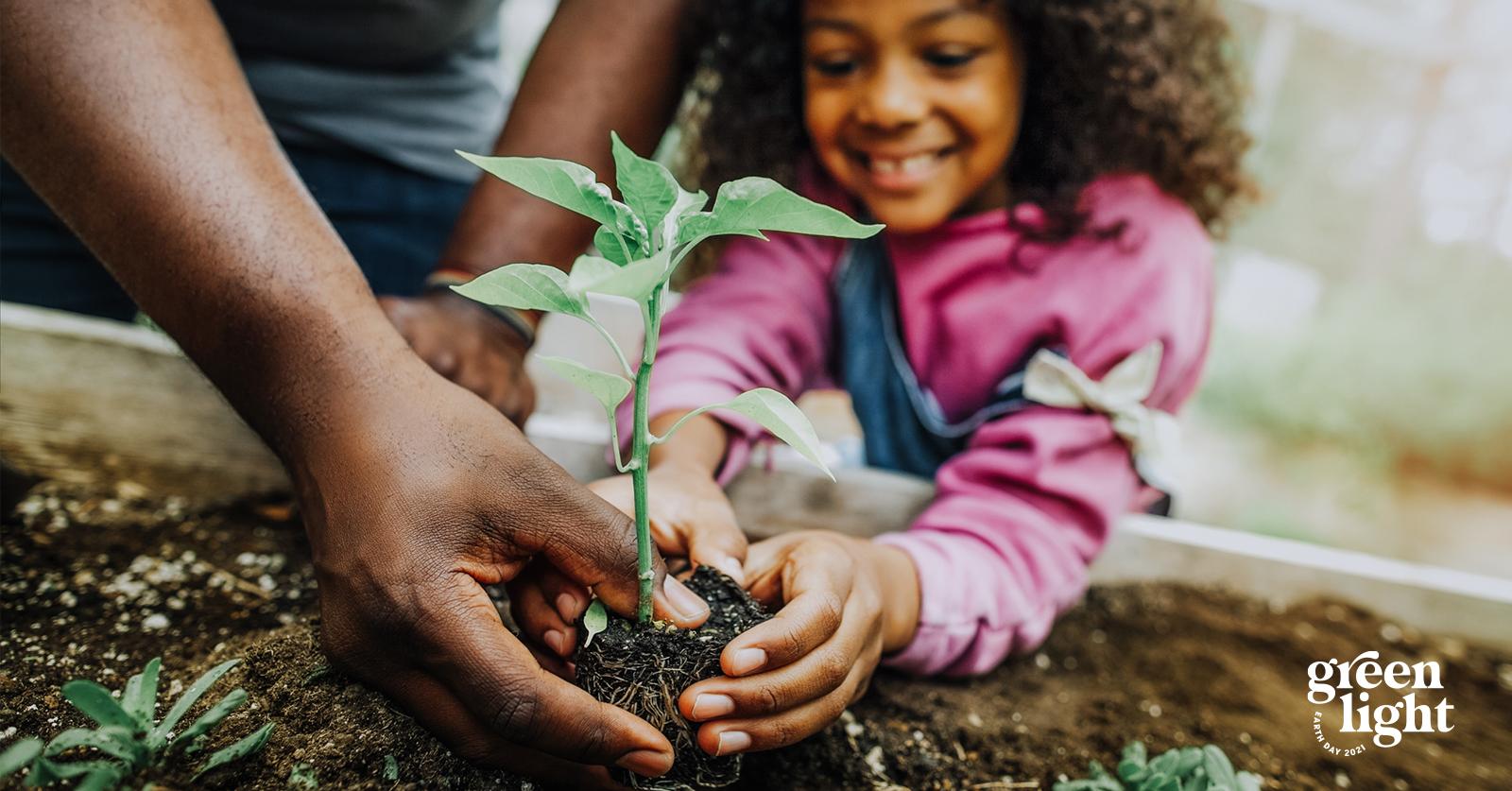
Earth Day Projects for Preschool Kids, to Teach the Importance of Sustainability
If you want to teach your preschool kids about sustainability, check out these six projects that the whole family can enjoy on Earth Day.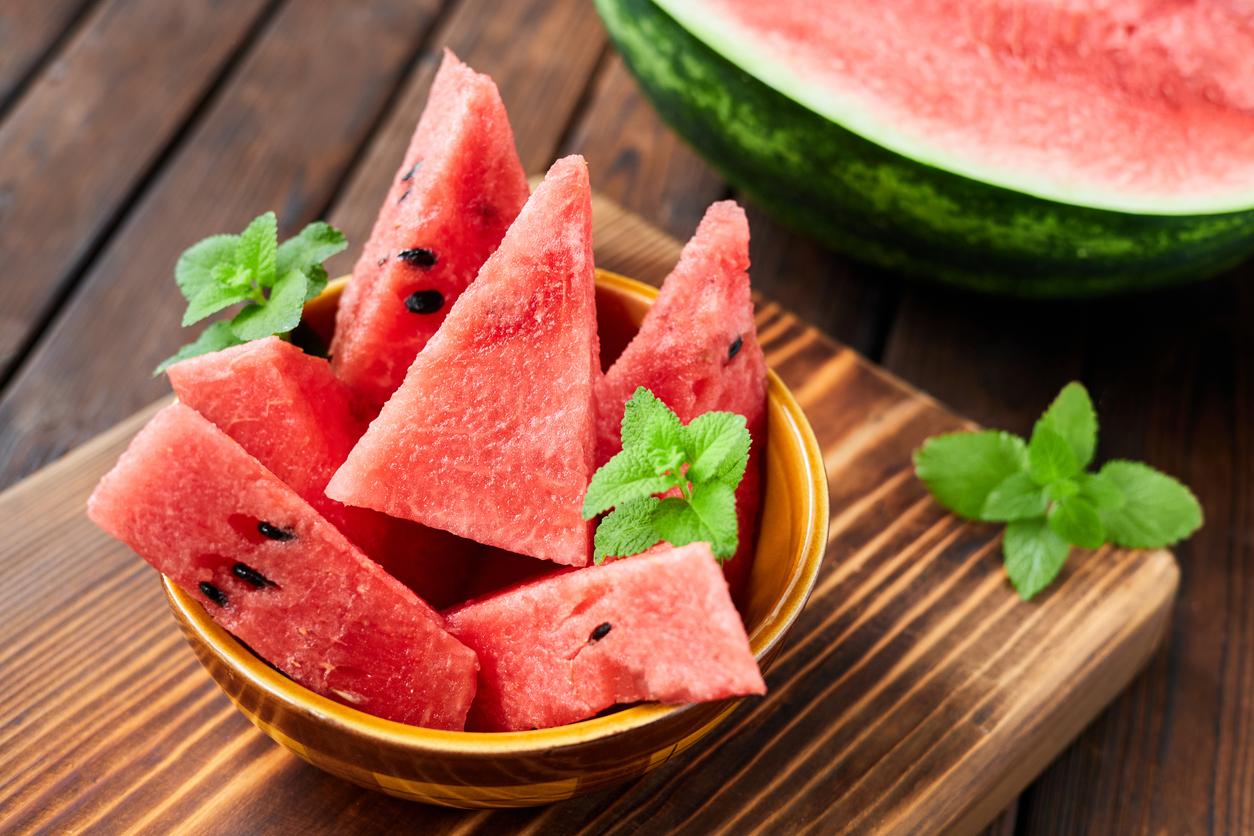
Yes, You Can Freeze Watermelon — Here’s a Step-by-Step Guide to Try It at Home
Freezing watermelon is a convenient way to make your produce last longer and to prevent food waste. Here's a step-by-step guide for your next summer treat.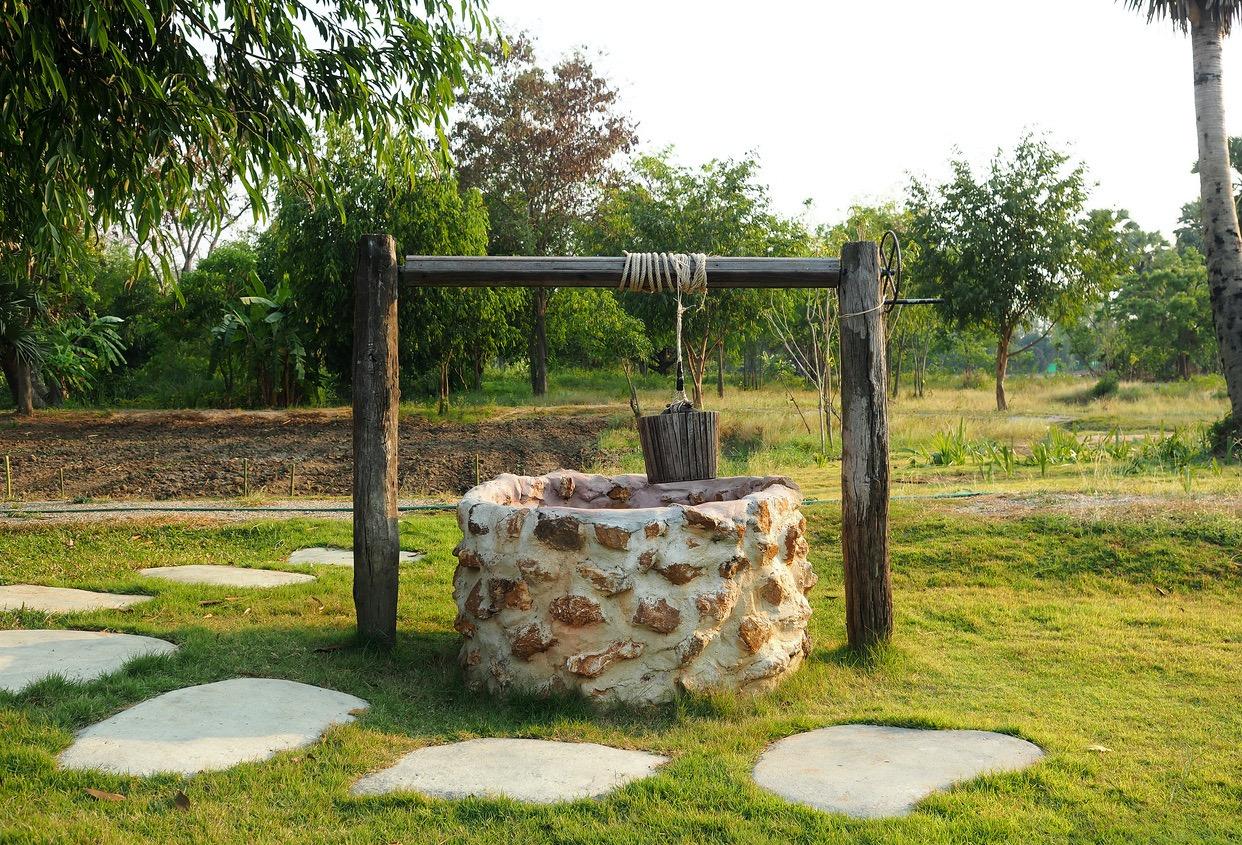
How Does a Well Work? Here’s a Rundown of the Machine That’s Been Around for Ages
Wells have been around for thousands of years but how they work is still a mystery to so many people. Read along as we break down the three kinds of wells.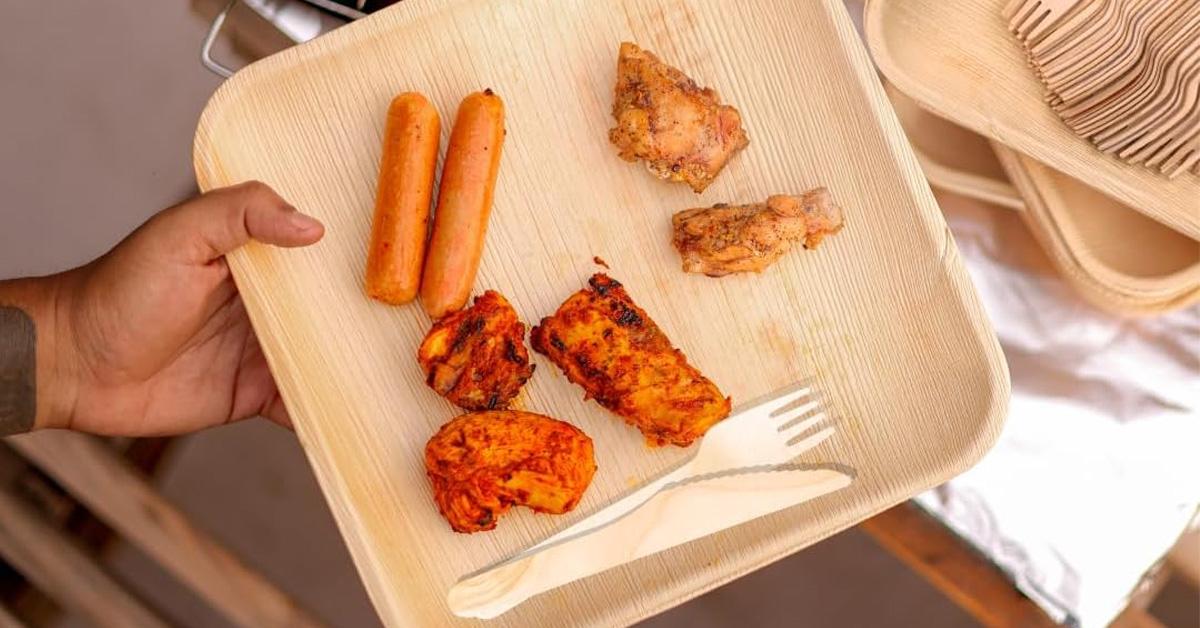
7 Eco-Friendly Disposable Plates Made of Clever Materials Like Cornstarch and Sugarcane
These plant-based disposable plates give you the convenience of single-use dinnerware without the environmental impact and landfill waste..
6 Chic, Eco-Friendly Sunglasses Made from Cotton, Castor Oil, and More Cool Materials
Eco-friendly sunglasses have come a long way in terms of looks and technology. These chic pairs use recycled materials and plant-based acetates.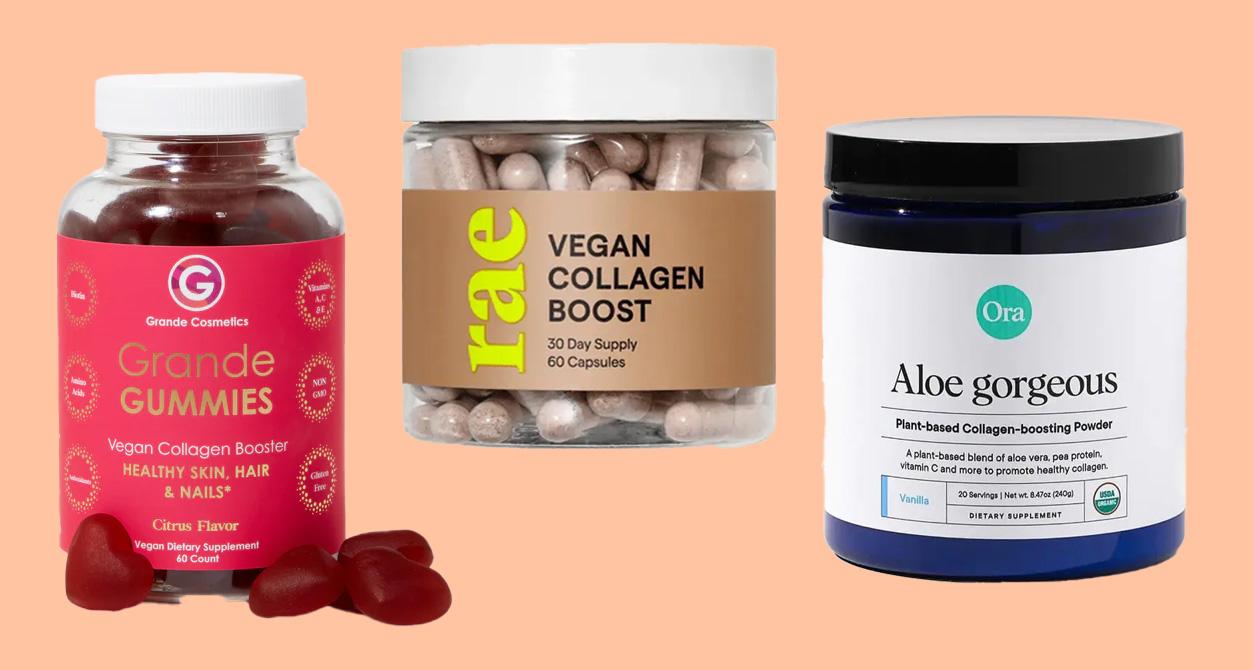
The Best Vegan Collagen Supplements for a Guilt-Free Glow from Head to Toe
The best vegan collagen supplements on the market include powders, pills, and gummies that nourish your skin, hair, nails, and even your joints.